Formats
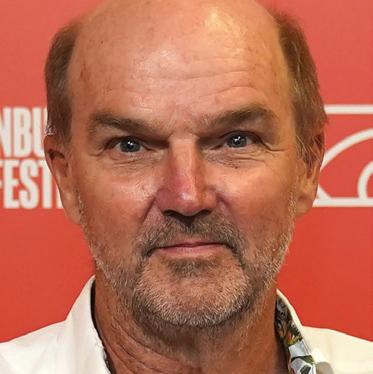
The hitmaker who put trust in The Traitors
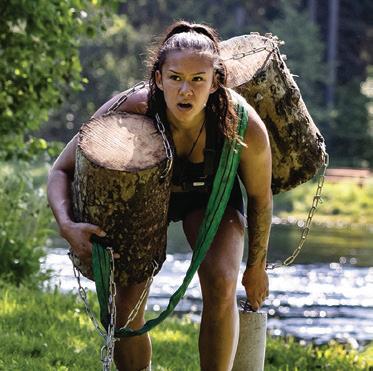
How Norway got to be such a hot country
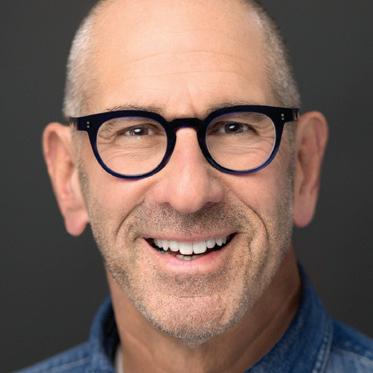
Gurin on his format award honour
PLUS: Teresa Smith on RTÉ’s fact ent strategy | Can football help legacy media to embrace the creator economy?

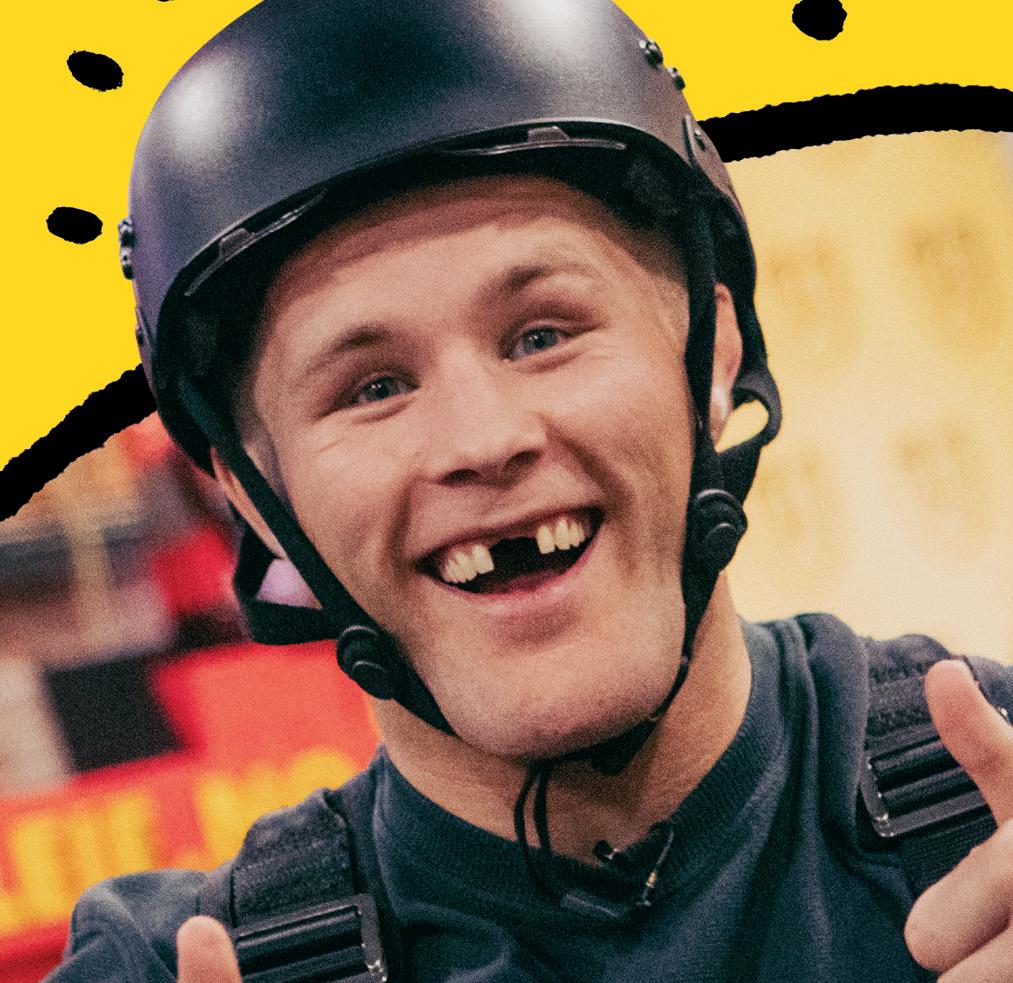
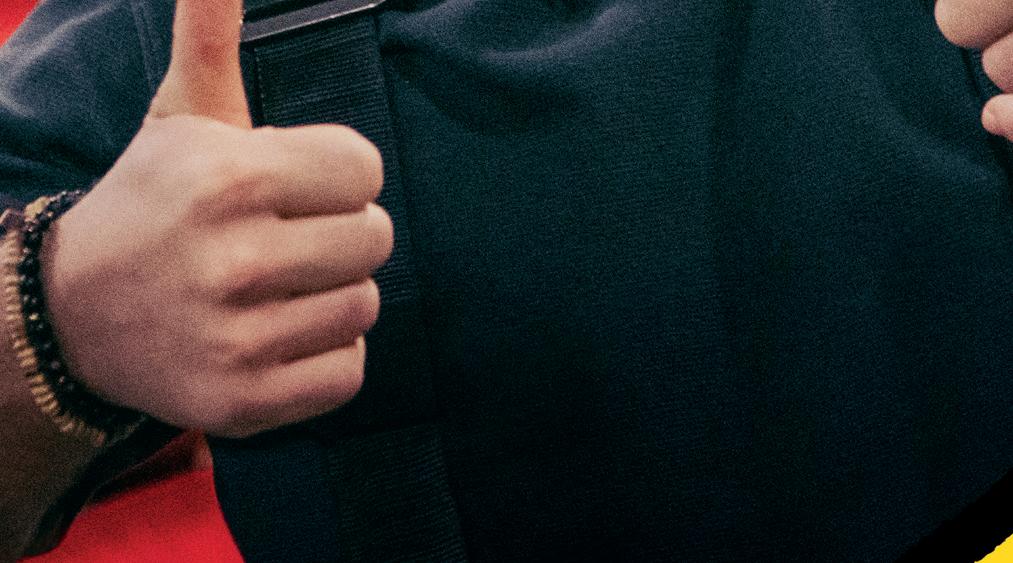
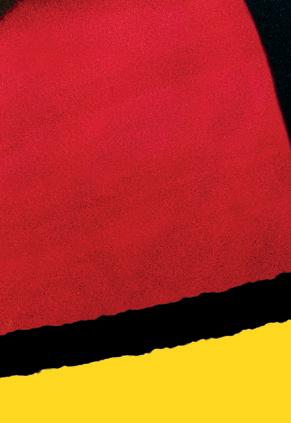

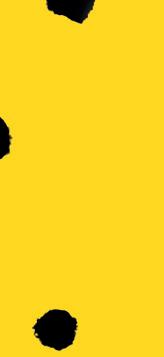
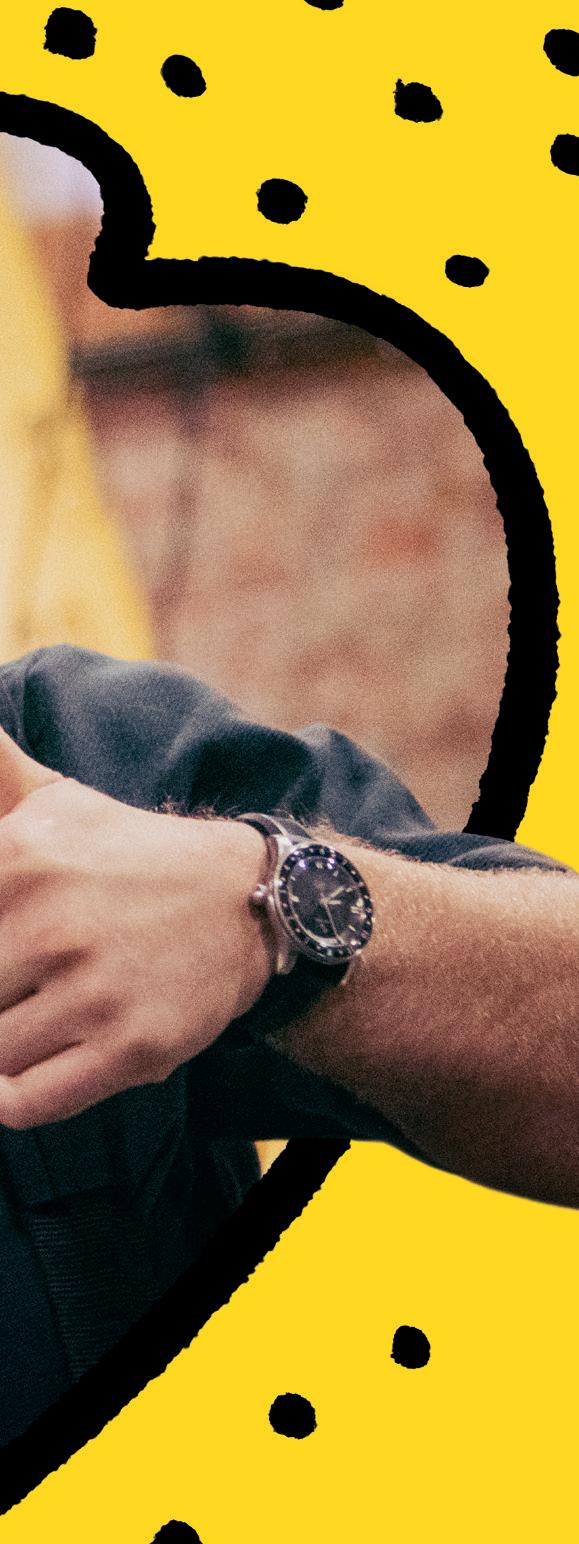


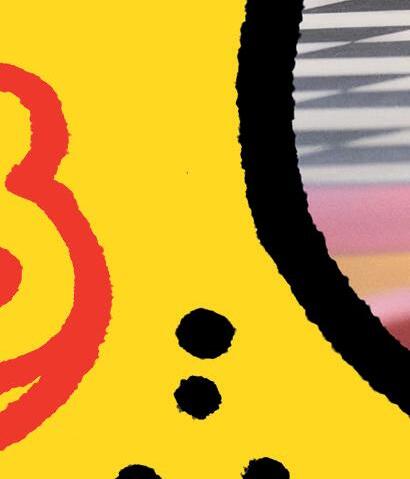
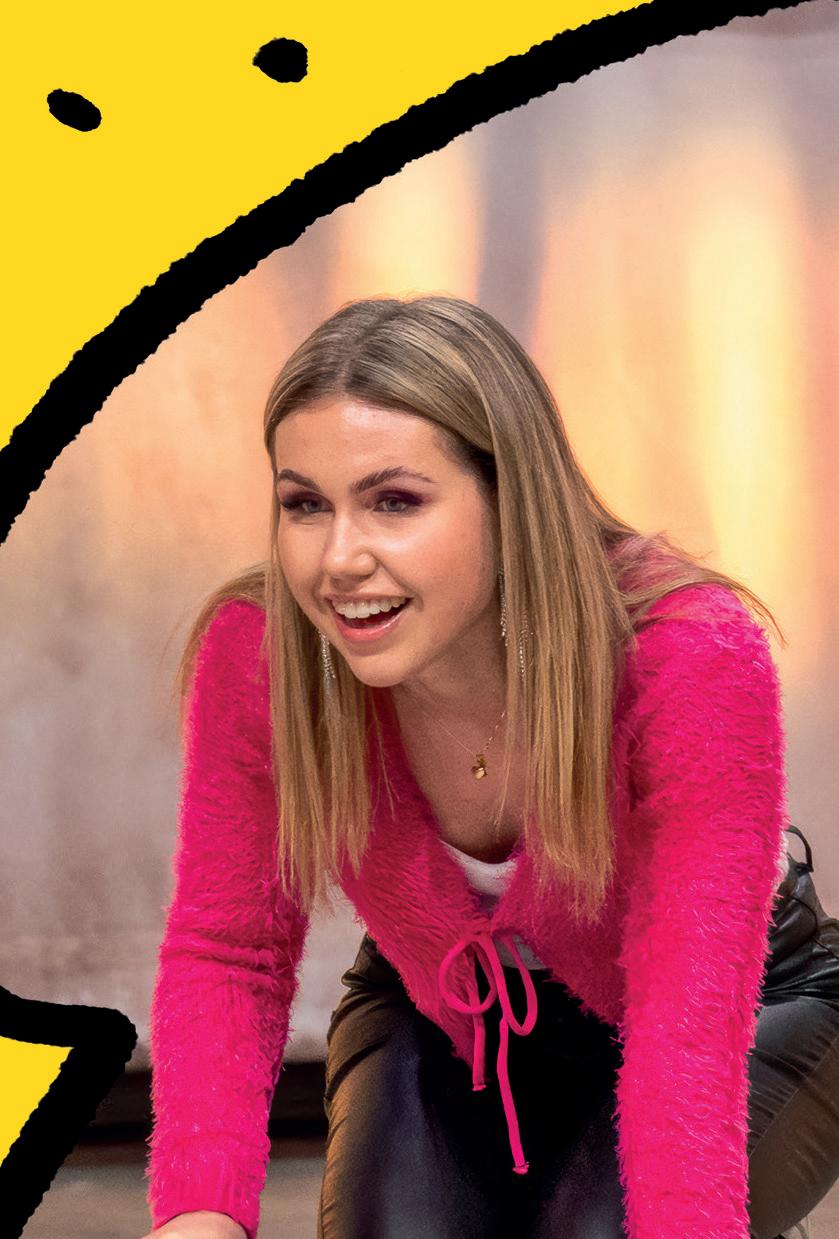





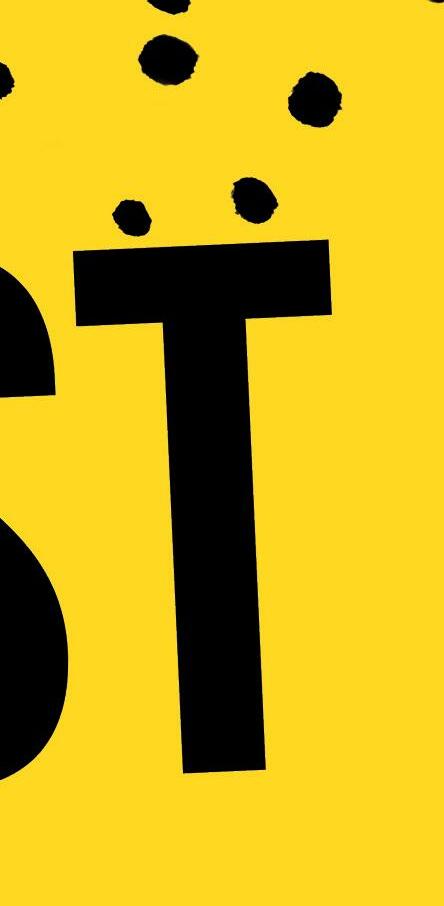
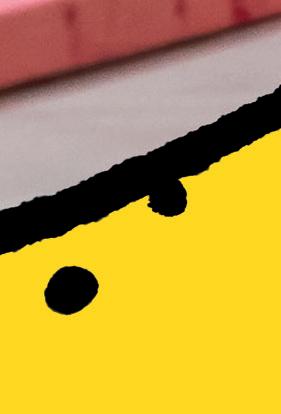















The hitmaker who put trust in The Traitors

How Norway got to be such a hot country

Gurin on his format award honour
PLUS: Teresa Smith on RTÉ’s fact ent strategy | Can football help legacy media to embrace the creator economy?
































This year’s International Formats Business Gold Award goes to Phil Gurin, president and CEO of The Gurin Company and TGC Global Entertainment, who reflects on three decades in the business, the threat of AI and where we go from here. By
Clive Whittingham
The International Formats Business Gold Award for 2025 will be presented to Phil Gurin, president and CEO of The Gurin Company and TGC Global Entertainment, and perhaps the main surprise about that is he hasn’t received it already.
With a career spanning more than 3,000 hours of television seen in over 185 countries, Gurin has contributed to the producing, writing or creation of a vast array of formats and specials. He has played a central role in the success of formats including Canada’s Ultimate Challenge, Fridge Wars, The Weakest Link, Lingo, Miss Universe and The Singing Bee, and received four Primetime Emmys for ABC’s Shark Tank [aka Dragons’ Den] and a Rose d’Or for physical comedy gameshow Oh Sit!
Gurin describes receiving the award as a “delight and an honour,” adding: “It’s something I value. It means a lot to me. The international format business is my business, it’s where I spend my time, it’s my friends, it’s my colleagues, it’s the industry that I love. These are my people, this is my world, and I couldn’t be more thrilled to get this award.”
Gurin has also been a tireless advocate for the protection of format rights. He has served on the board of Frapa for 16 years, 10 of those as chair, but will stand down later this year along with fellow board member Lisette van Diepen.
leadership team. I’ll be around in the background but it’s time to make way for other things.”
That includes Gurin’s governorship of the Television Academy in LA. “I want to use my knowledge of formats at international level to help educate the other folks here at the TV Academy and the other members here who may not really understand the world of formats outside the US. That’s one of the things I’m looking forward to doing here,” he says.

“I’ve done my time,” he says. “I love it. Working over the years with Jan Salling, Lisette van Diepen, Mike Beale… We’ve really taken it as far as we can. We did a lot. We grew it. We were Frapa 2.0, as I called it. There were the founders who did the first 10 years, we’ve done 15 or 16, and now it’s time to make way for different people to solve the different problems of the format business because there are different challenges.
“Intellectual property is valuable. People still understand that: how it’s being exploited, distributed, created, copied. These are issues that still affect the whole ecosystem. Whether it’s traditional linear television, streamers or whatever the future brings. How do we deal with IP protection with AI? Those are the challenges for the new
“Much of Gurin’s early time atop Frapa was spent alongside BBC Studios exec Salling, tackling format copycat rows in emerging markets, particularly China. These days the theft of IP and rows over copyright centre mainly on technology and AI, as it scrapes existing shows to feed its own computer brain. Gurin has previously expressed concern that the tech was already so advanced it could be prompted to create formats that are just different enough to dip below Frapa’s rating for a copy and avoid action, using the organisation’s analysis tool against it.
“Technology races along and we can’t be caught with our pants down,” he says. “We have to figure out what to do. Governments are trying to figure this out. Big studios, distributors,
I’ve always said, ‘You do well by me, I’ll do well by you. Don’t screw me, I won’t screw you.’ And if everybody works that way it li s all boats, the business can survive, everybody along the creative food chain, from the creator to the distributor and everybody in between, can make money.
Phil Gurin
artists, large and small, everybody’s trying to figure it out. How do you protect what you create, and then how do you monetise it? If you don’t find ways to protect it, you won’t be able to monetise it. And we’ll see some of these giant legacy companies suffer. Their libraries will just become less and less valuable.








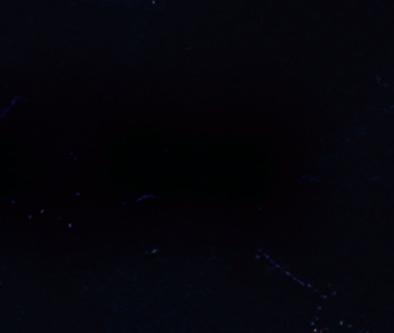
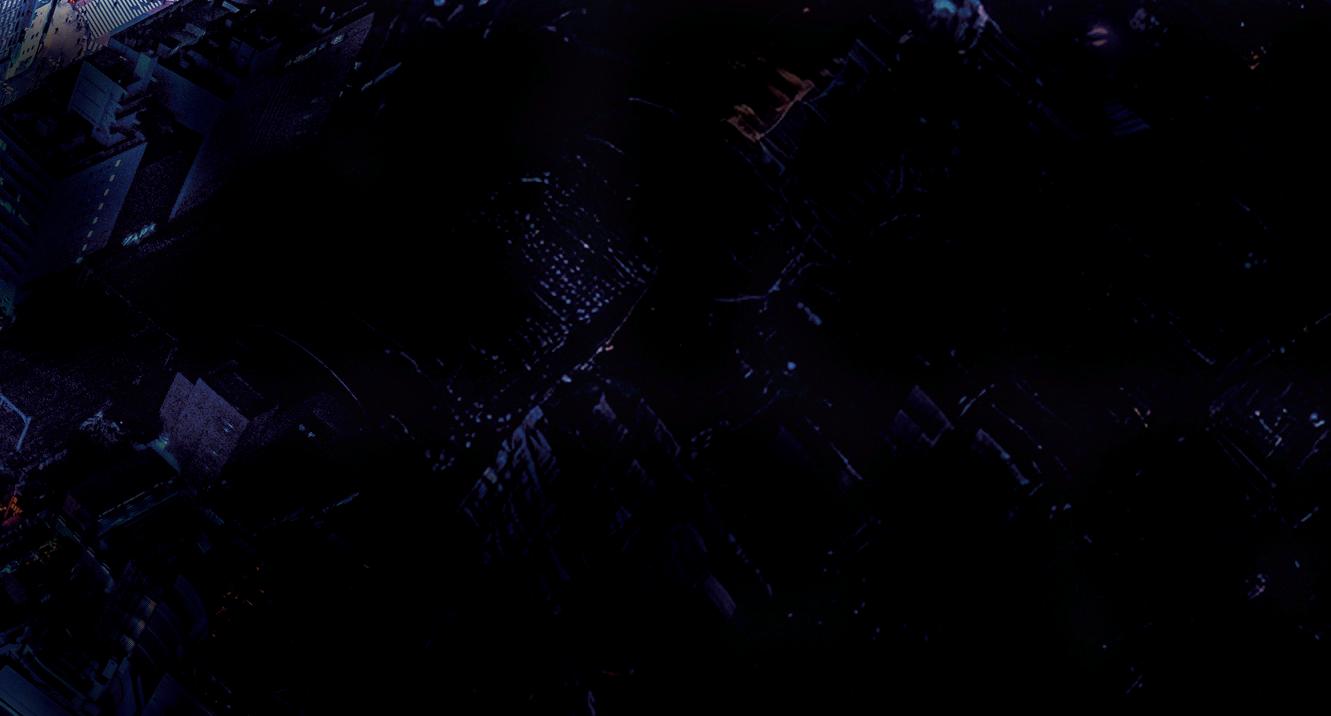

















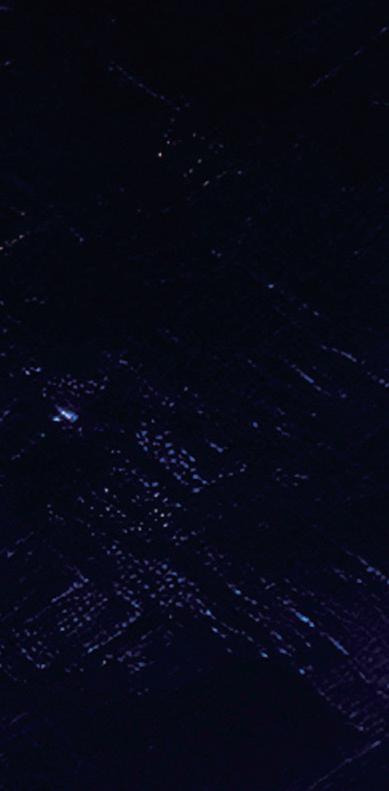



















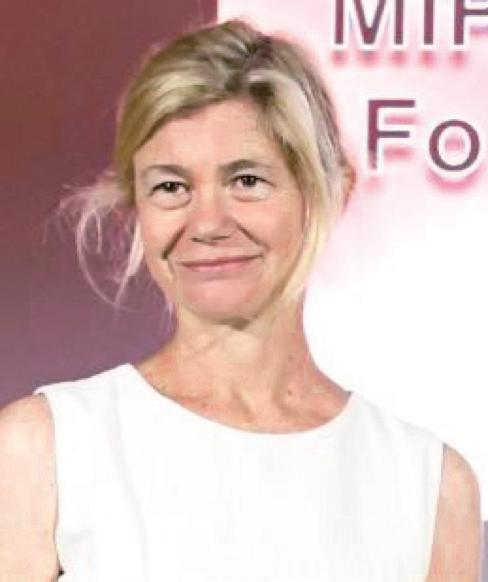
















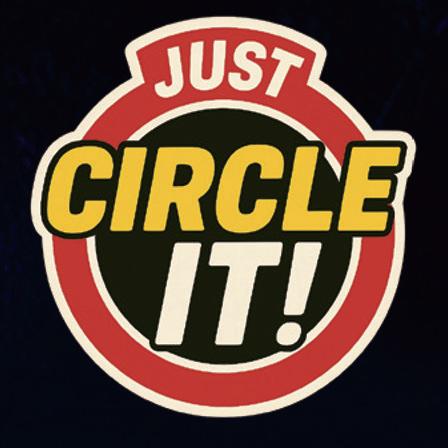





























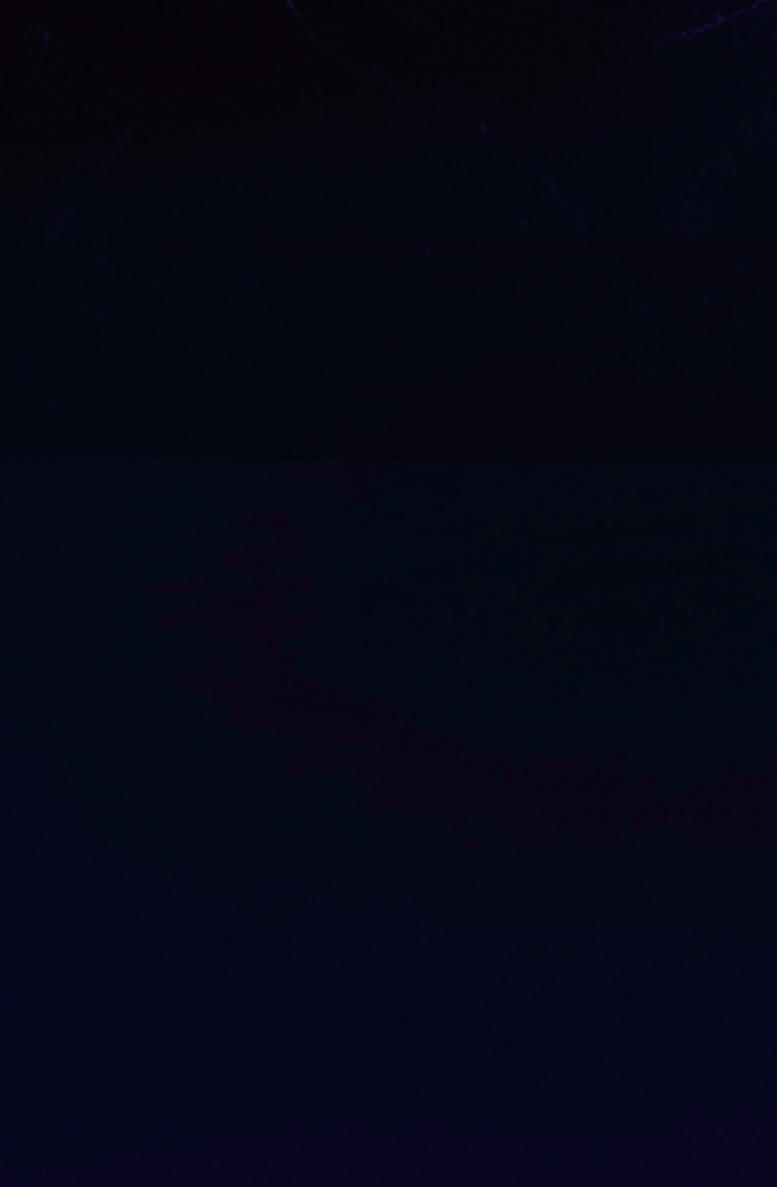



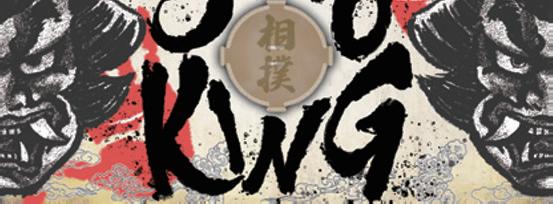



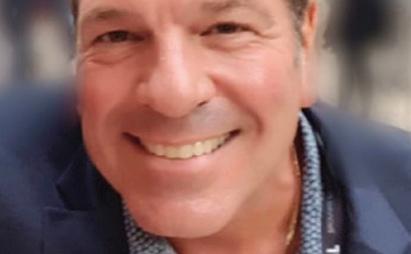

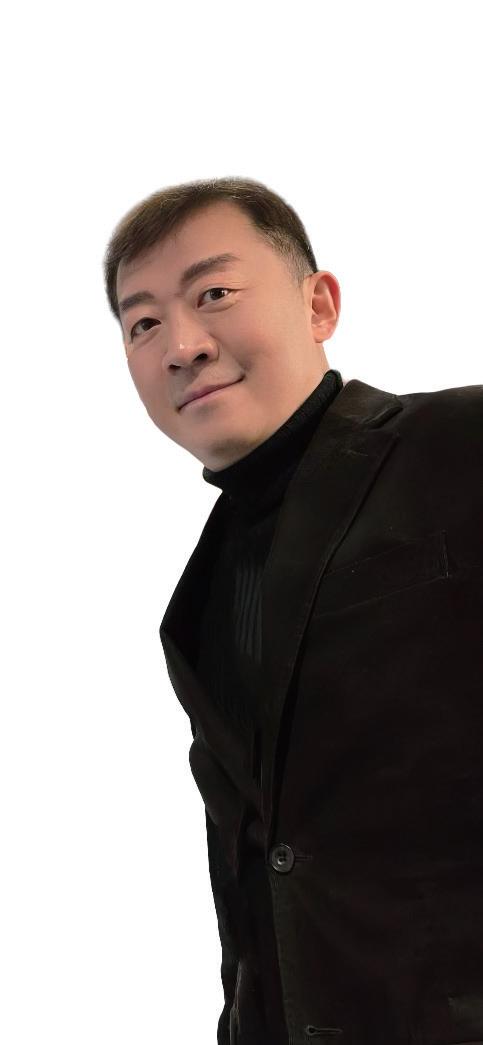



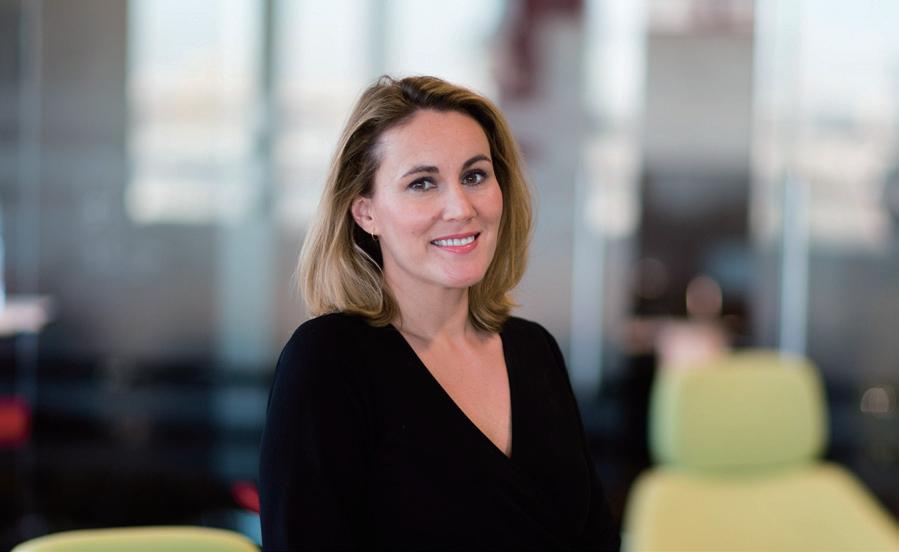


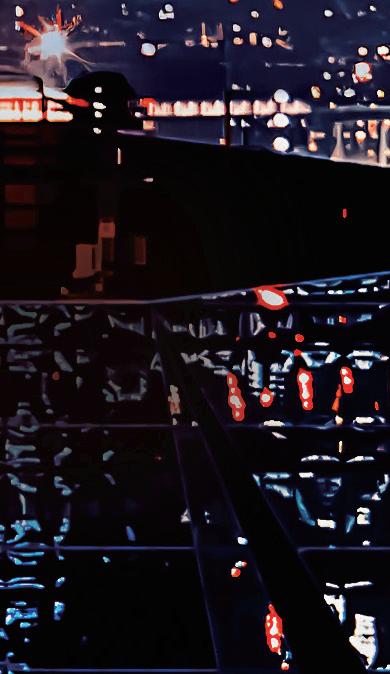

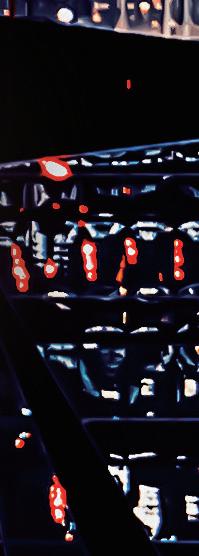




2024 Cathy Payne, CEO of Banijay Rights
2023: Arthur Essebag, French TV host and founder of Satisfaction Group
2022: Wonwoo Park, creator of The Masked Singer
2021: Anette Rømer, STV Production
2020: Wayne Garvie, Sony Pictures Television
2019: Peter Fincham, Expectation
Entertainment
2018: Alex Mahon, Channel 4
2017: Paul Gilbert, CBS Studios International
2016: Gary Carter, KLOK
2015: Annie Wegelius, former SVT programming chief
“You have to stay nimble and hungry, but you also have to stay positive. When I listen to all my friends around the world and we talk about all the businesses being hard, challenging, it sucks, and for many reasons it does suck. But we have to remember why we got into it in the first place: we liked telling stories.
Phil Gurin
2014: Mark Itkin, William Morris Endeavor
2013: Stephen Lambert, Studio Lambert/ All3Media
2012: David Lyle, Fox Reality
2011: Dick de Rijk, creator of Deal or No Deal
2010: Reg Grundy, former CEO of Grundy Television
2009: Peter Bazalgette, former creative director of Endemol Group
2008: Stephen Leahy and Trish Kinane, Ludus
Entertainment
2007: Merv Griffin, creator of Wheel of Fortune and Jeopardy!
“I’ve always said, ‘You do well by me, I’ll do well by you. Don’t screw me, I won’t screw you.’ And if everybody works that way it lifts all boats, the business can survive, everybody along the creative food chain, from the creator to the distributor and everybody in between, can make money. When you stop doing that you’re getting into survival of the strongest, then a lot of people will fall by the wayside. You will gut the middle ranks of the entertainment business; and the up and coming, the new, the small, the hungry will be even more challenged on their way into the business.
“We’ll see what happens. It’s very important to honour and respect creative output. Over the years with Frapa I wrote a lot of our documents, and besides our code of conduct, I’m very proud of our Declaration of Cooperation which we translated into 15 languages. I still hope that guide, that declaration, is adopted over the course of time, and still becomes a guiding principle, both morally and economically, for the industry at large.”
While his time at Frapa is entering the rear-view mirror, Gurin is heading to Mipcom with a new slate of formats available from his distributor TGC Global Entertainment, including Norwegian pubcaster NRK’s forthcoming reality format Code Red: The Lighthouse. Times are particularly bleak in LA at the moment, with many producers unable to afford to make US shows in the US anymore, but Gurin remains upbeat and international in his outlook.
“I’ve always said you make fees in America, you make money around the world,” Gurin says. “It’s always been an international business. I’ve always tried to work with creators, producers, distributors, platforms and channels all over the world to build up that network. It’s myopic to just stay in your own lane, in your own territory.
“When I set up my company I had 60 buyers in the US that I could pitch to, because every label had their own development team. I remember my friends in the UK 25 years ago would say they only had four or five people to pitch, which is why they were coming to America. Well, now we have only eight places to pitch, maybe nine. It’s hard, but I have my production company and we create content with people all over the world – 14 global partnerships to create IP. We now have our distribution company and three years in we’re going to have a very good Mipcom. And we have big plans for production services across North America.
“You have to stay nimble and hungry, but you also have to stay positive. When I listen to all my friends around the world and we talk about all the businesses being hard, challenging, it sucks, and for many reasons it does suck.

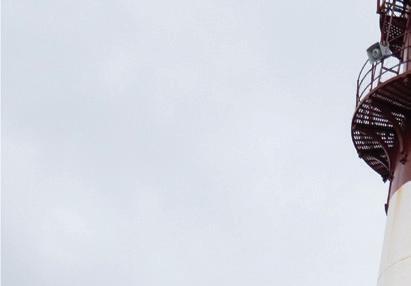
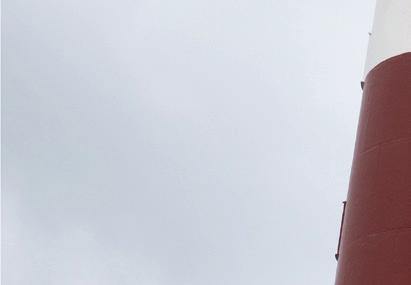

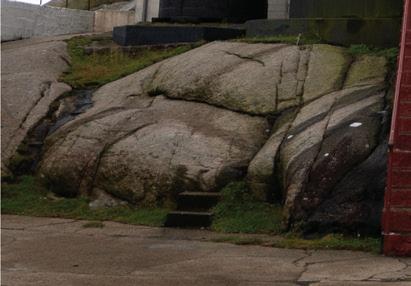
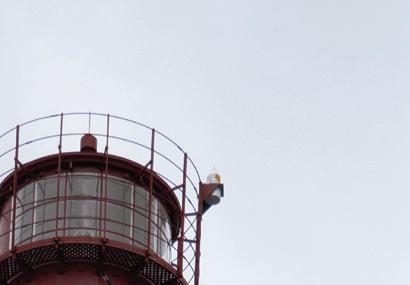



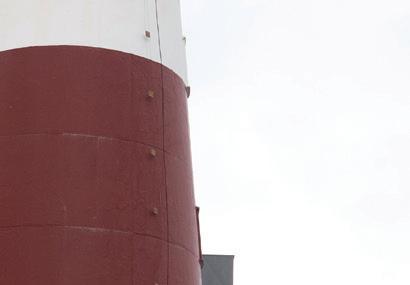
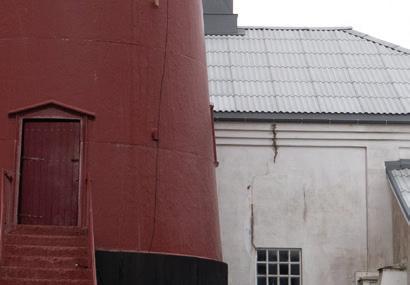
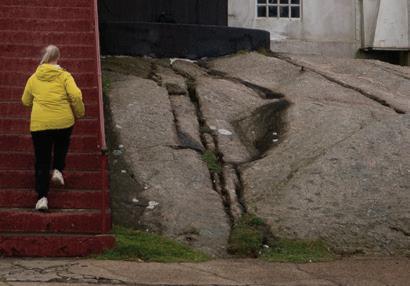




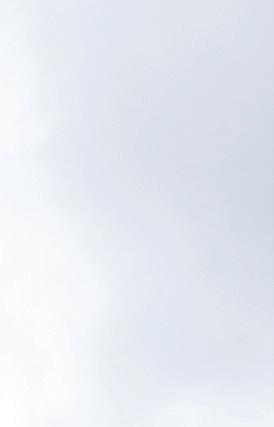



But we have to remember why we got into it in the first place: we liked telling stories. We’ve all got to remember what that spark was that brought us into this business in the first place.”
When asked for a career highlight, Gurin says his “favourite show is always the next one,” adding: “I have a trunk of great ideas that have never been sold; I love a lot of those. I love making shows that have taken me all over the world, like Miss Universe. I love doing award and live shows. Singing Bee was a really fun show to do, and we won a Rose d’Or for Oh Sit!. It was ahead of its time and only did two seasons but I wish it was back on air. I’m very proud I helped bring Dragons’ Den and The Weakest Link to the US. The first show I ever did was a comedy gameshow called Remote Control on MTV, which was so much fun.”
Reflecting on his long stint working at the coalface of formats, Gurin says: “I love the international format business. It has been very, very good to me. I’ve made lifelong friendships in the television business, and not just domestically. This is my 25th year going to Mipcom. I’ve met wonderful people around the world and that will stay with me for the next 25 years.”
The International Format Awards are a coproduction between C21Media, Frapa, the Entertainment Masterclass and Mipcom, and will take place between 17.30 and 19.00 on Sunday October 12 at Hyde Beach Club in Cannes, ahead of Mipcom.

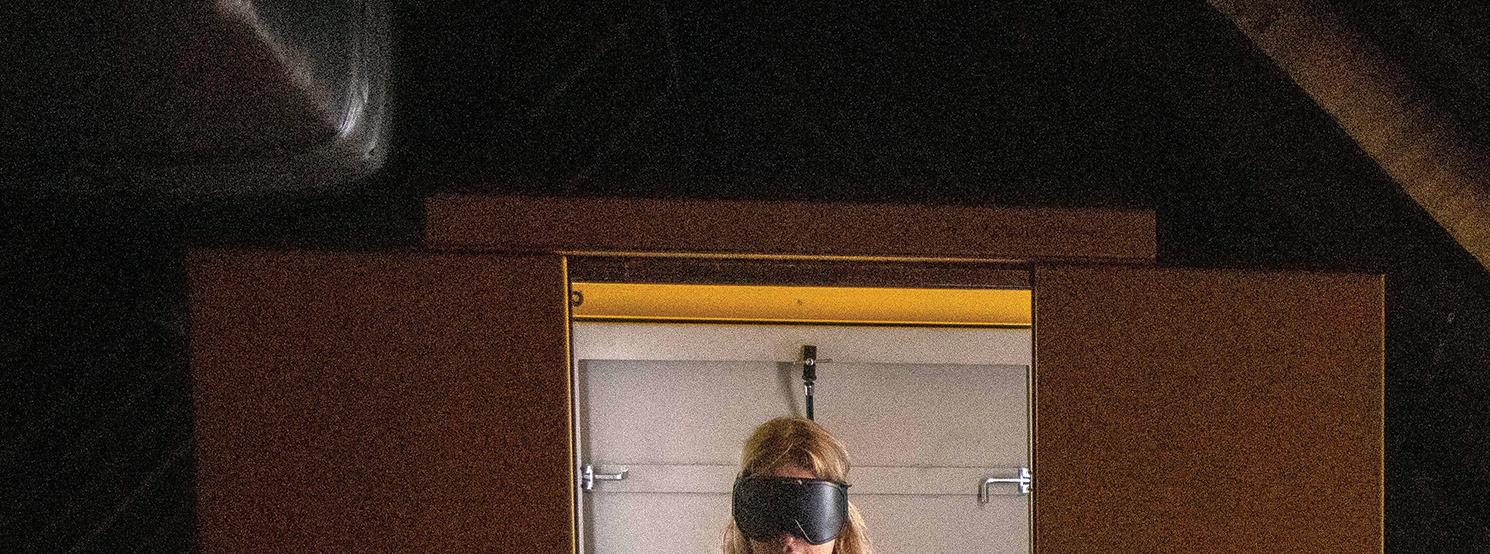
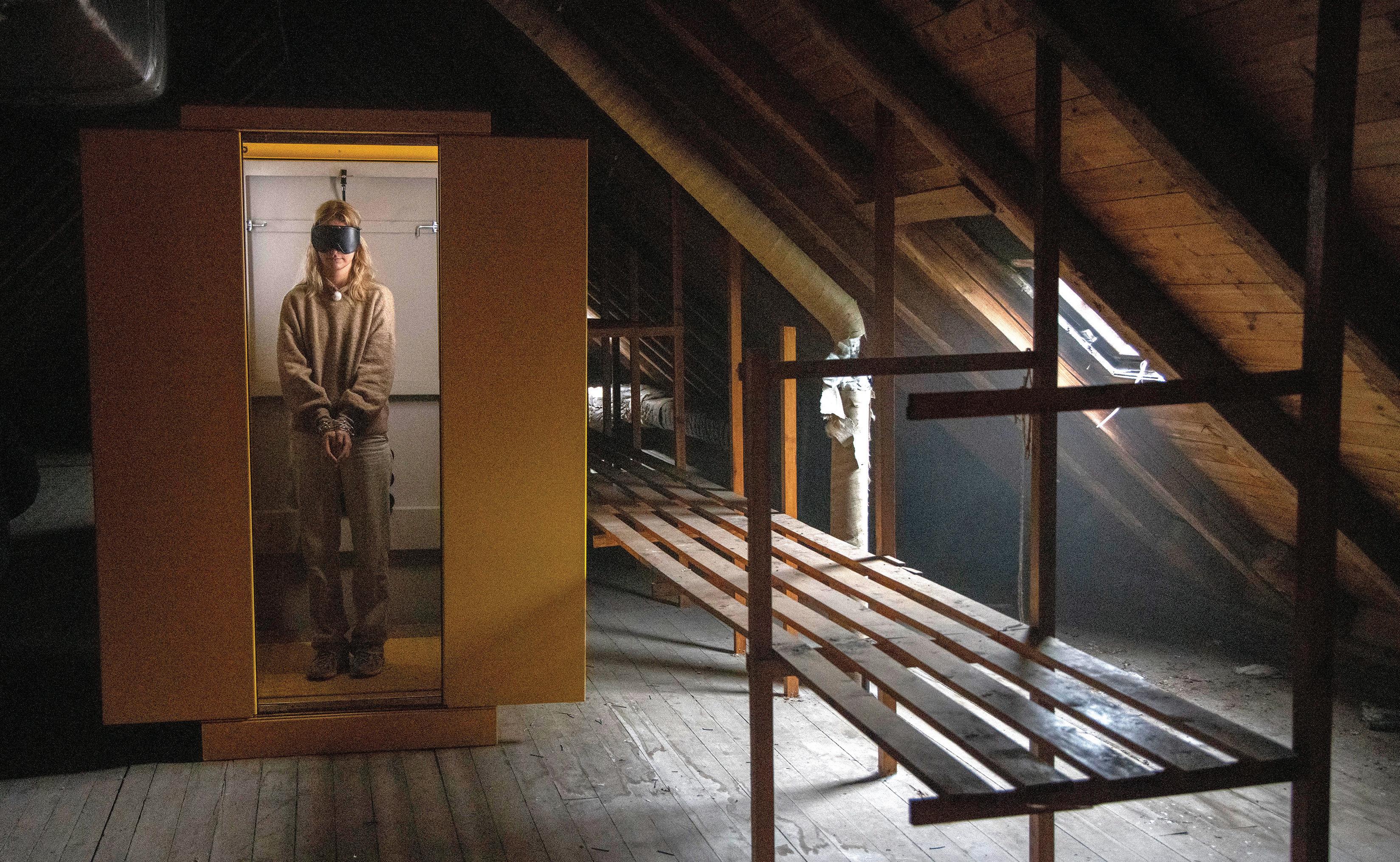
There’s a distinctly Norwegian feel to the formats scene at Mipcom this week.
Nation’s Dumbest will stare down at delegates from one of BBC Studios’ enormous advertising hoardings, and the TV2 show is also up for Best Comedy and Best Studio-based Gameshow at the International Format Awards.
Meanwhile, The Box, from Seefood TV and also for TV2, has a nomination for Best Competition Reality at the same event. Public broadcaster NRK’s Code Red: The Lighthouse is also being brought to market by Phil Gurin and his LA-based distributor TGC Global Entertainment (see page 141).
So is this just television’s classic follow-the-herd tendency? Or is there more to it and therefore a chance for this to be a rich seam of IP for years to come?
Mike Beale, MD of creative network at ITV Studios, says risk aversion in major markets is creating space for new leaders. “Big territories aren’t taking the risks on new ideas, and that’s why we’re starting to see the Belgiums, Denmarks, Norways coming through, like we did 10 years ago when it was Israel, Turkey and Korea,” he says.
Amsterdam-based Lineup Industries is also betting big on Norway, selling Belgian format Taboo
to NRK and adding a trio of properties from the pubcaster to its Mipcom slate, namely Nation’s Toughest: The Rig, The Will and Oh No It’s Summer.



Lineup co-founder Julian Curtis sees strong comparisons between the Norwegians and the Dutch.
“There are things that unite

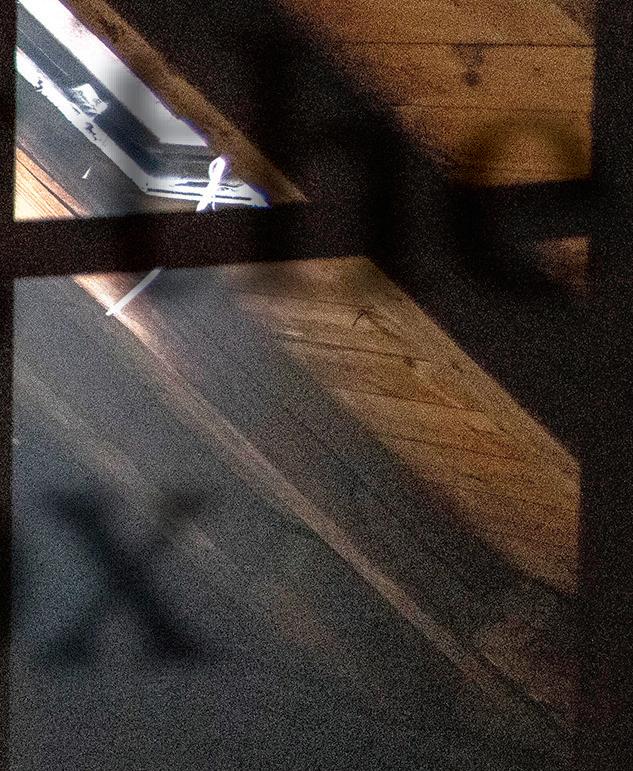
This Mipcom sees a glut of Norwegian formats heading to market. Is this a sheep-like industry just trying to grab a slice of the action or is there more substance and longevity to this latest Nordic trend?
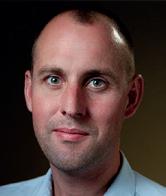
By Clive Whittingham
territories like Norway and the Netherlands,” he says. “They both have a small population, they both have a language nobody else speaks, and the only way they’re going to export their shows is as a format. They both have a hyper-competitive TV market with a lot of channels, and they both have a very, very established TV landscape of producers that are familiar with all the biggest and best shows; they’ve done all the reality shows. The key change now as far as Norway is concerned is they’ve been commissioning young, good producers to come up with fun shows using all the skills that they’ve picked up on all the other shows.
“The smaller budgets they


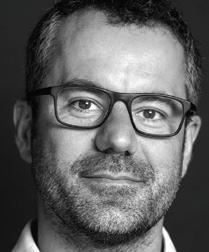
“ The key change now as far as Norway is concerned is they’ve been commissioning young, good producers to come up with fun shows using all the skills that they’ve picked up on all the other
how calm it is, how few people are working there, considering the amount of pressure that they’re under, and they genuinely feel like quite good, fun places to work. Their economics are quite di erent and that’s a big plus with budgets challenged everywhere; you know these shows don’t cost much to make and can be scaled up.”
Jan Salling, head of BBC Studios Nordics, echoes this.
“Norway is a small market with around five million people and limited budgets, the same size and the same restrictions as Denmark and very culturally alike with a lot of cooperation between them,” he says.

shows.
work to are actually a plus because they make the shows very scalable. With Oh No It’s Summer, they make two episodes a day.

If you go on a Norwegian set, you’d be surprised at just
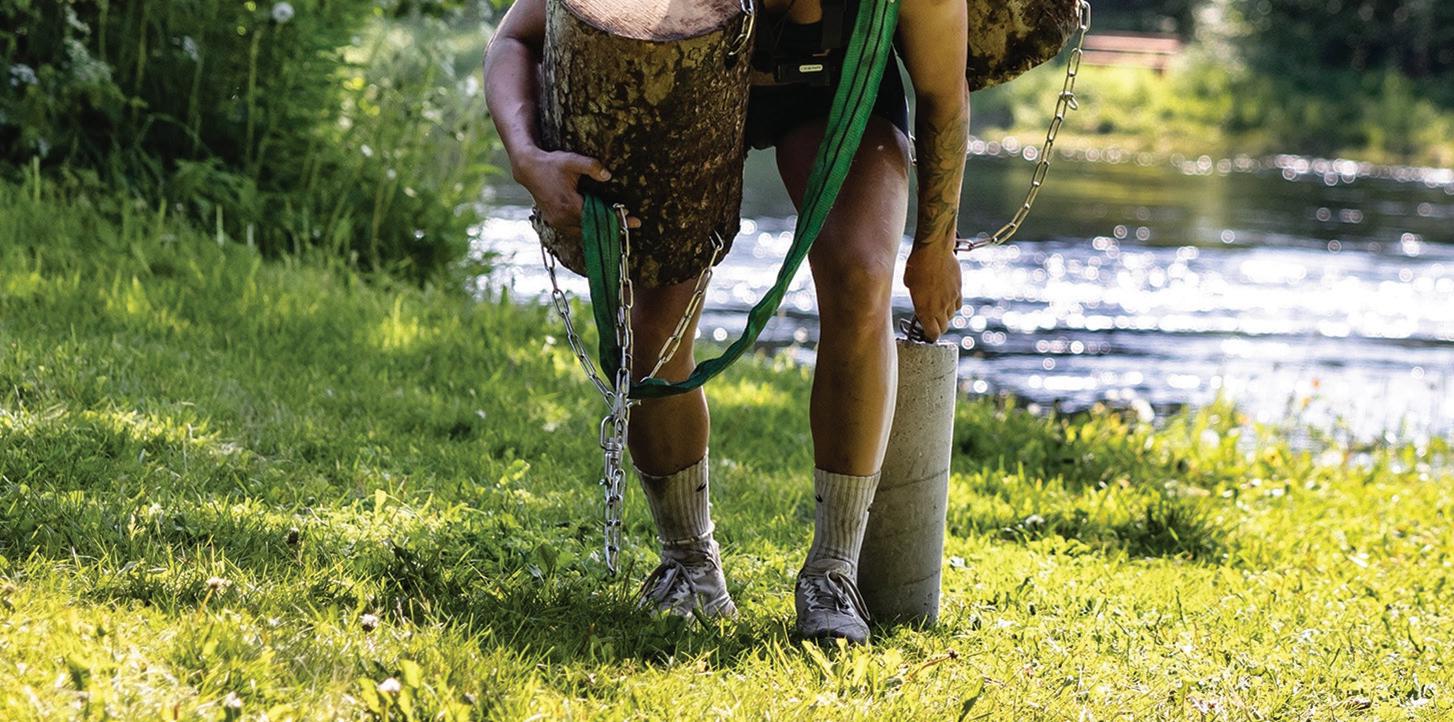
Nation’s
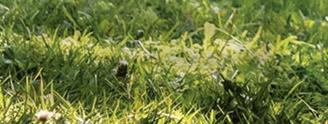




drama

everything DR was doing, winning Emmys and attention,


“Back in around 2005 a group of Norwegian executives sat down and looked at the success of The Killing and The Bridge and everything DR was doing, winning Emmys and gaining international attention, and asked why can’t we do that? That group started structurally working towards professionalising the Norwegian drama industry to make them capable of winning awards like the Danes, and eventually they did.







What
big international formats that were pitched into the market and traditionally worked on linear no longer worked on streaming – bar some exceptions like Taskmaster



“Scandinavia is way ahead of the rest of the world in doing things for their play/streaming services first rather than linear. What they found was the big international formats that were pitched into the market and traditionally worked on linear no longer worked on streaming – bar some exceptions and The Traitors. That forced them to look at local originals and take chances on paper formats from good producers.”
good


Jostein Olseng, head of external content commissioning at NRK, is proud of a slate mixing international adaptations with local commissions.



“While the weather may be cold in Norway, the production climate is hot,” says Olseng.
“While the weather may be cold in Norway, the production climate is hot,” says Olseng.


“We have a strong professional environment for television, and several broadcasters willing to take risks – NRK among them. The willingness to take risks increases with each success we have with paper formats, and the quality of those formats improves as broadcasters commission more entirely new projects. What we’re seeing now is a positive loop.
“As a small country, we’ve always operated with lower budgets than larger territories, but the quality has never been lowered. These constraints have pushed the industry to think creatively and innovatively. This has helped shape a resilient and forward-leaning TV sector – and we’re now seeing the results, with a wave of new Norwegian formats gaining international traction.”
“We’re seeing a clear shift towards formats that not only entertain but also o er space for reflection, exploring what it means to be human and how we relate to one another in society. What we’re observing is that when participants feel they’re part of something meaningful and authentic, that feeling also resonates with viewers. Moreover, the formats that perform best tend to have a clear premise and a strong narrative arc.”
At TV2, Silje Hestevik, head of development, is upbeat, having started the international trend with The Box. “Formats that are trending in our territory now are competition-driven reality, especially strategic, psychological reality,” says Hestevik. “Unscripted comedy shows are on trend, and local buyers are thirsting for more. Norwegian formats are travelling well because of outstanding Norwegian producers and creators,

“ Norway is a small market with around five million people and limited budgets, the same size and the same restrictions as Denmark and very culturally alike with a lot of cooperation between them.
Jan Salling BBC Studios Nordics
as well as exceptional collaboration between us as a broadcaster and the Norwegian production companies. I think this trend will continue. We and other buyers in our market are continuing to develop and commission new shows, and we are willing to take chances on new ideas.”
Banijay Entertainment has found Norway a rich seam for originals. All Against 1 adapted in seven markets, while Origins of Love was reversioned for Poland this year.
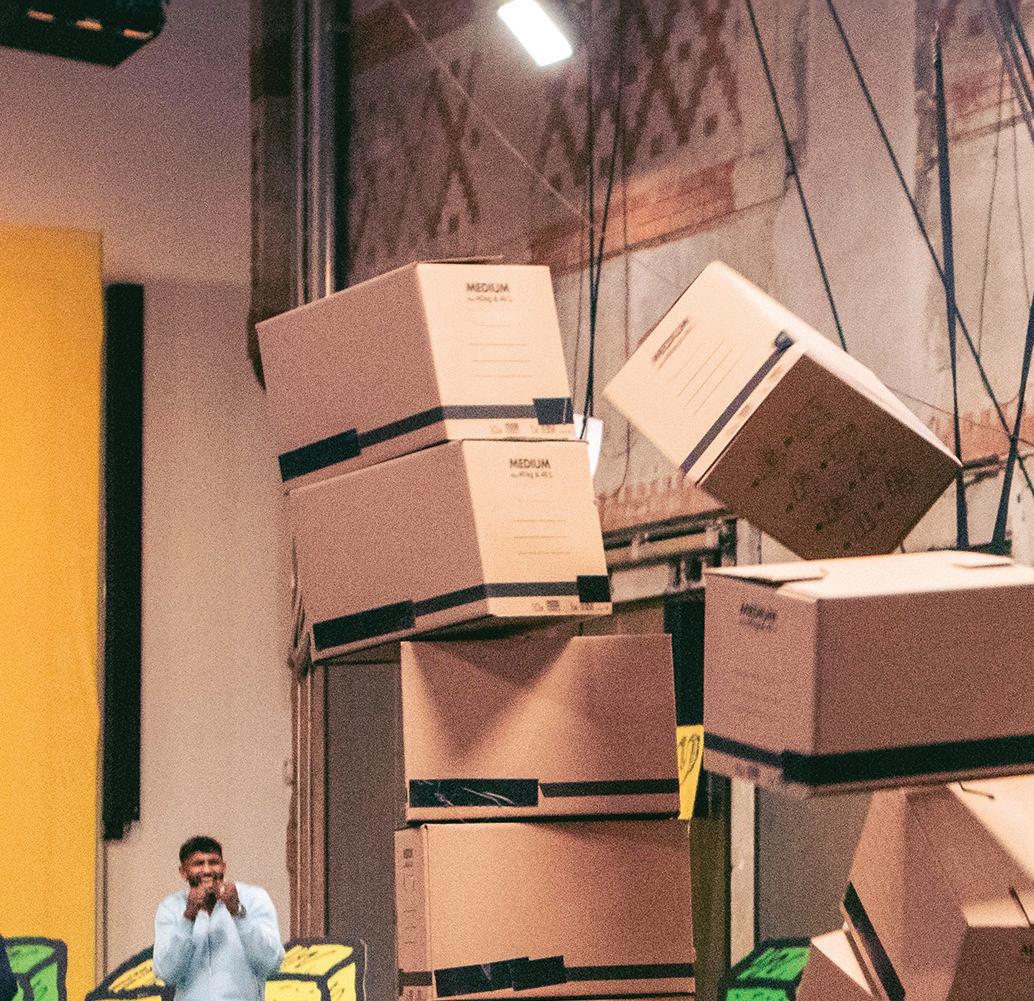

Banijay Nordisk CEO Erland Røeggan says: “Many of the Norwegian ideas start really Norwegian. If you look at Sweden and Denmark, they look at Europe and the US before we do. Norwegians tend to start looking at, ‘What do we want?’ The viewers like Norwegian things. What’s happened is the industry has learned more about the world of selling than we used to. The broadcasters still want Norwegian, because Norwegian viewers are educated and they’re picky, but when we sit and develop, we have in mind that it should go to the rest of the world as well.
“We are such a small market that you have to be creative by default. Speaking of The Box, we have to constantly think outside the box, because very few companies can even a ord a development department. The ideas have to fly very fast, they’re made in the mind of practical thought because whatever you develop you have to produce as well – not high-flying ideas that you need to work on for ages. The formats are easy to understand, cost-e ective and scalable. If you can make it in Norway then for sure you can make it in France and Germany, and think what it will look like with many times the budget.”

has been







“We
Ole Marius Araldsen, head of development at the Norwegian arm of Anagram, backs that point. “Every producer will hate me for saying it, but we are good on small budgets,” he says. “We have a lot of spectacular locations and backdrops here for free because our country has such beautiful scenery. can look much more expensive than they actually are – we get a lot for free with our nature. You can create high-budget scenes for


Shows like The Box more
low costs. We’re a small market, so format fees are really, really expensive and we have to create original content instead. The broadcasters have been open to original formats, so we have had the possibility to try and
fail for many years.
“We are also in a situation where life is pretty good. We’ve been voted the best country to live in for 10 to 15 years. Norwegians are very concerned about their free time. They get out on holiday and experience the rest of the world, and we’re not chasing money as many others are. When we start to produce a format, we don’t think, ‘How much money could I earn on this show?’ It’s more, ‘How could I stick out in the crowd? How could I make this an original that’s being seen by the rest of the world, and not just trying to copy and paste other

to produce a format, we don’t think, ‘How much world, successes?’”
But Araldsen sounds a note of caution. “I’m a bit afraid that it won’t continue,” he admits. “The Netflix e ect might mean Norwegian broadcasters become less and less bold. Netflix is obviously a tech company. They are innovative with tech but their stories are quite boring, to be honest, because they have algorithms telling the producer, ‘You have to start with this and this and that,’ and it becomes copy-paste with small changes. If broadcasters in Norway start looking at Netflix, we’d lose our originality.”
tech company. They are innovative with tech but their stories are quite boring, to be honest, because







Norway is surprisingly hot, and very happy about it.

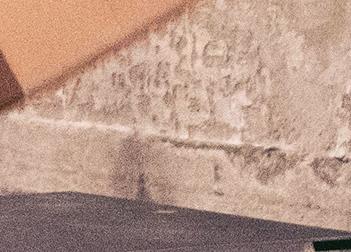

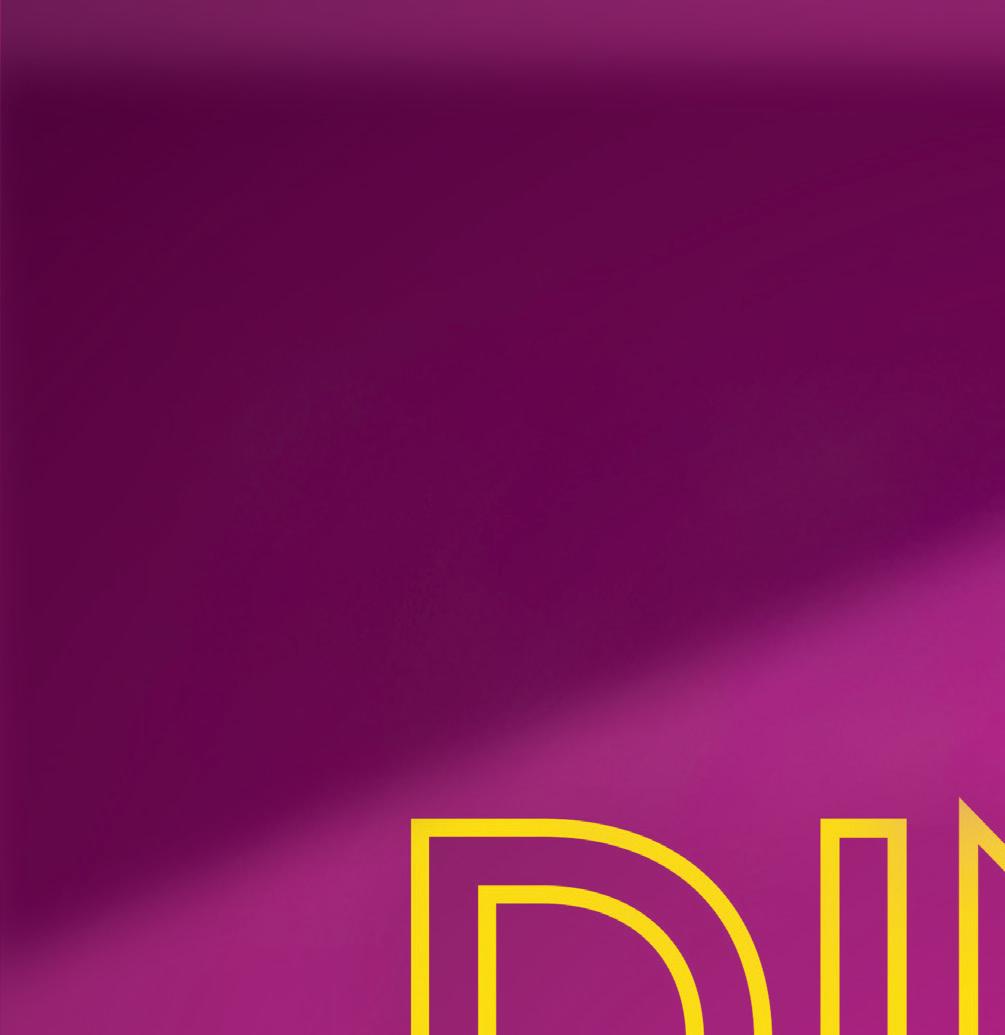


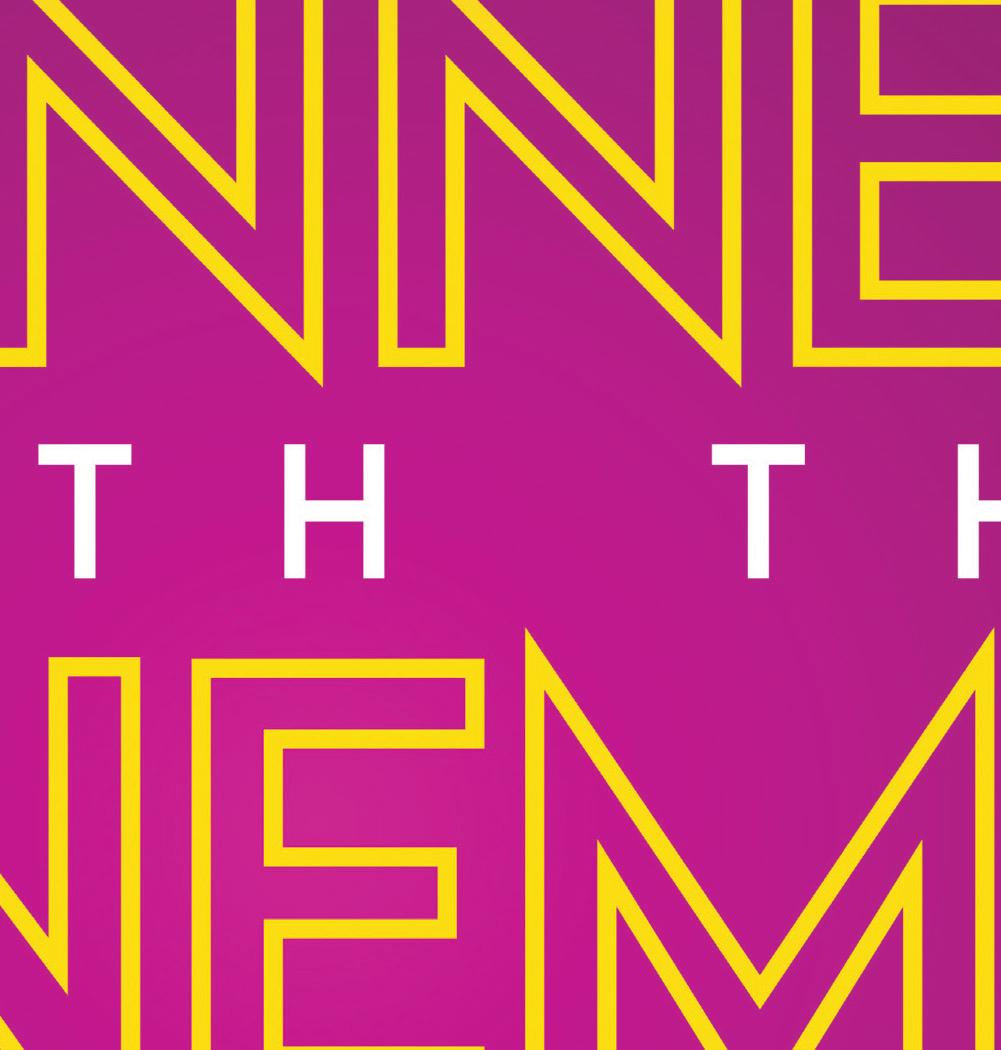




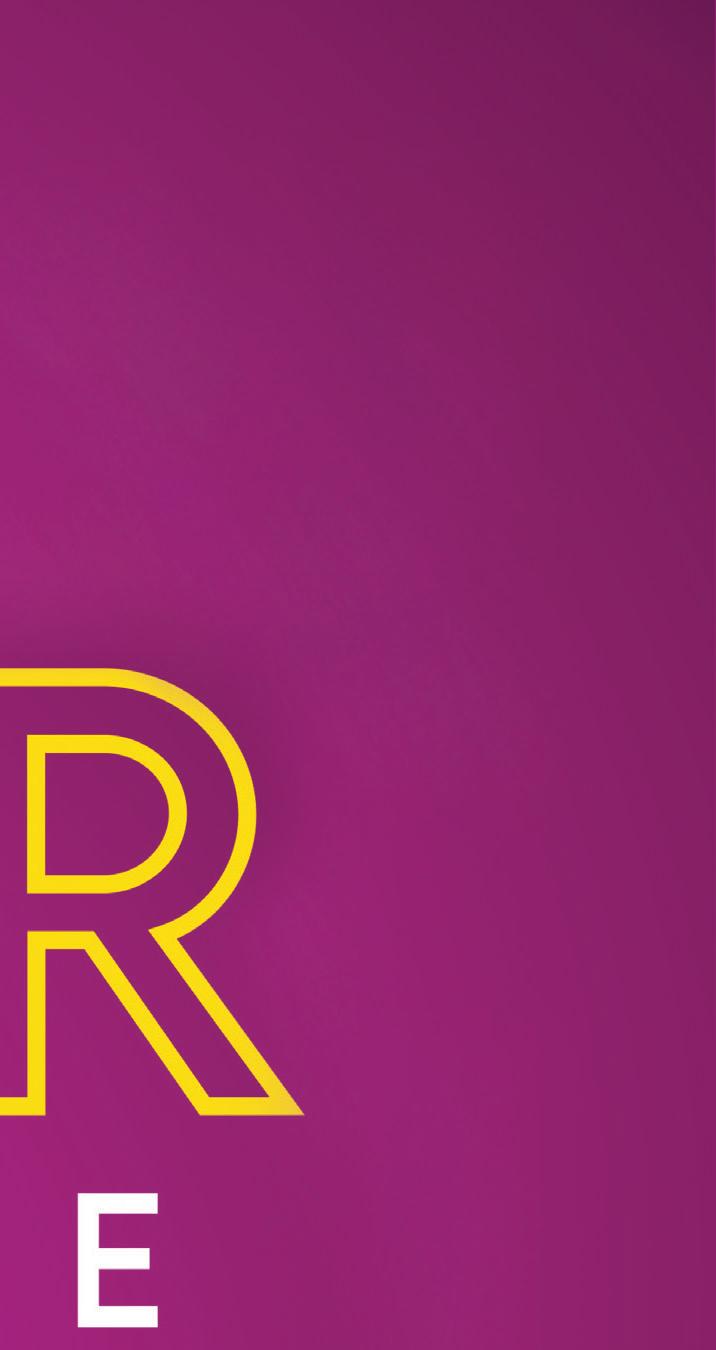
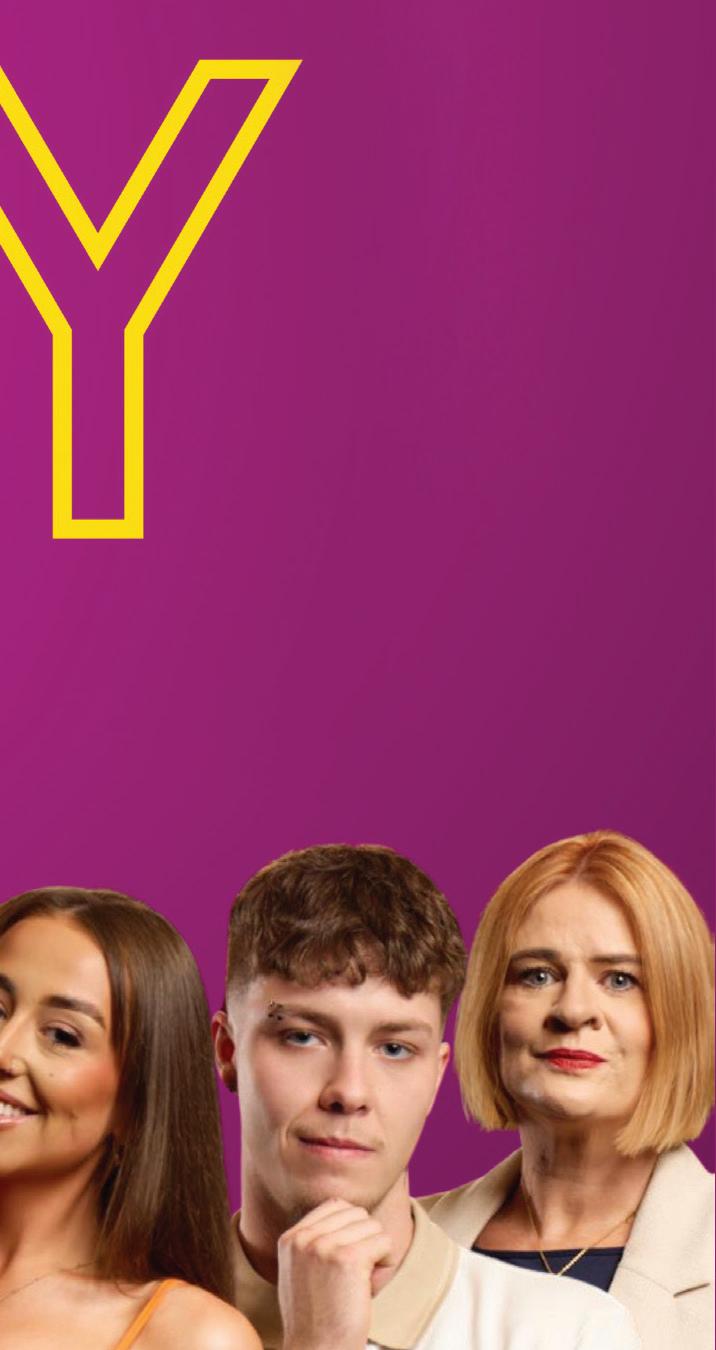







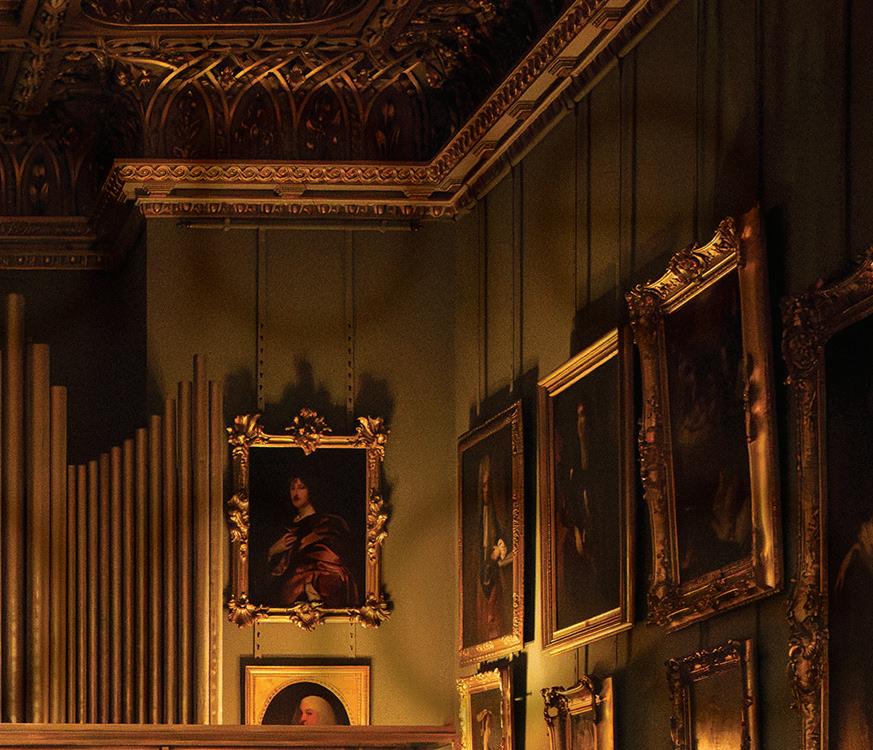




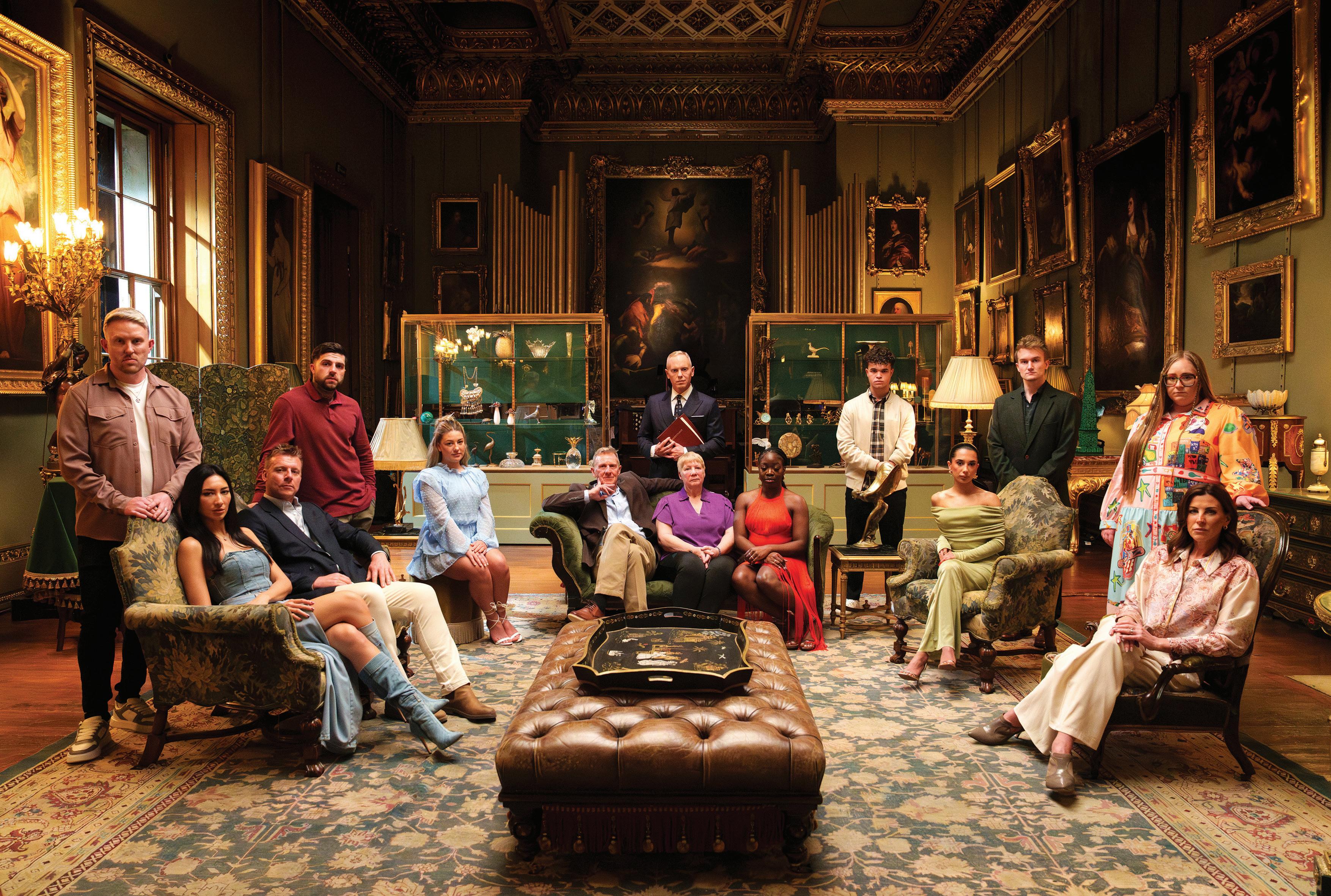

Since the Emmys introduced the category of Outstanding Reality Competition Program in 2003, there has been a very small number of familiar winners.
The Amazing Race won nine of the first 10 awards, a sequence interrupted only by Top Chef and then broken by The Voice, which won four of the next five (The Amazing Race won the other). Then began a period of RuPaul’s Drag Race dominance, when it won in five of the next six years. That means over 21 years, only five shows have ever won the award (Lizzo’s Watch Out for the Big Grrrls in 2022 is the anomaly).
The Traitors was able to break into that category and win in 2024 and did so again in 2025, reaffirming the hitmaking magic of its producer, Studio Lambert, which has previously cracked the US market with European formats like Undercover Boss and Wife Swap
For veteran company head Stephen Lambert, it’s all in the casting. “So many shows are made by the casting,” he says. “If it’s a scripted show you want brilliant actors but if it’s an unscripted show you need brilliant people who can be themselves, and the right mix.
“The Traitors is a show where we have people who’ve come from big competition shows, great strategists, game players, whereas others are less used to taking part in the competitions – some of them – but they’re amazing characters. You start off by finding one or two people interested in being in the show then think who would complement them. You would never really commit fully to your cast until you know all your pieces.
Whittingham


Industry veteran Stephen Lambert has broken the reality Emmy monopoly with The Traitors and recently launched The Inheritance on the UK’s Channel 4. But where’s the next hit-maker of his calibre coming from if it’s a closed shop at the top? By Clive




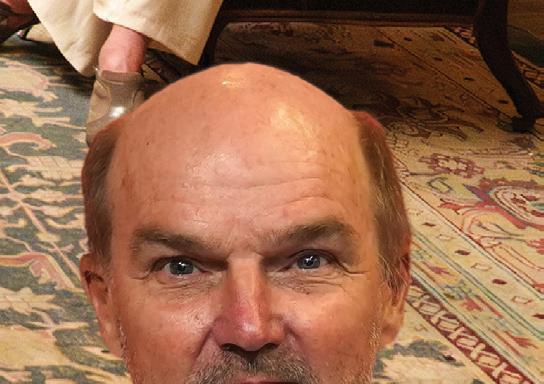






The Traitors, although
“You’re looking for people who are comfortable in their skin with the cameras on them. With there are cameras all around the place we don’t produce the show, in the sense that once they’re in that castle they play the game – we never stop The Roundtable, it just happens. You’re looking for people who can be natural while being filmed. That’s the hardest thing to find in civilians. The test is, are they going to be themselves while being filmed.”











Stephen Lambert















As well as the show’s gothic dressing, fiction tropes and the “fantastic motor” of The Roundtable, Lambert believes there is another very important element behind the show’s global appeal. “The clever thing about that show is the audience is in on it; it’s





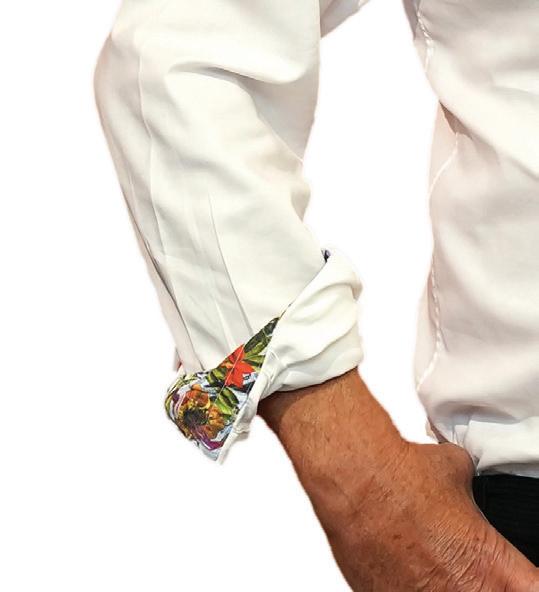




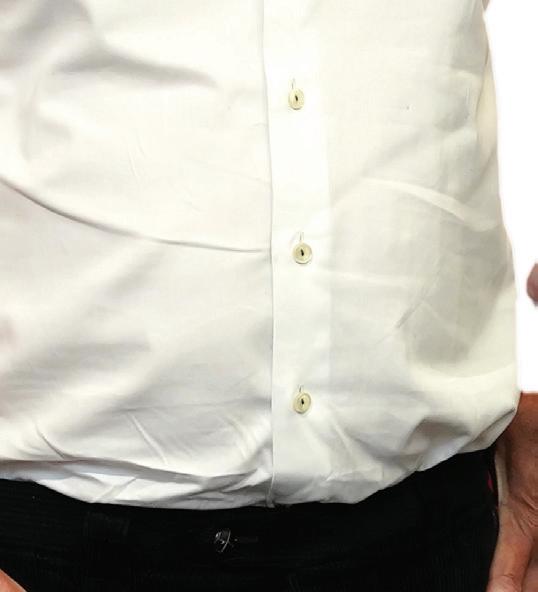

“ The Catch 22 of unscripted at the moment is how do you get into the club where people feel comfortable that you can pull it o ? Once you’re in that club, surprisingly, it’s not as crowded as you might think.


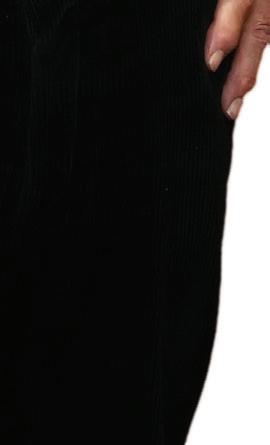

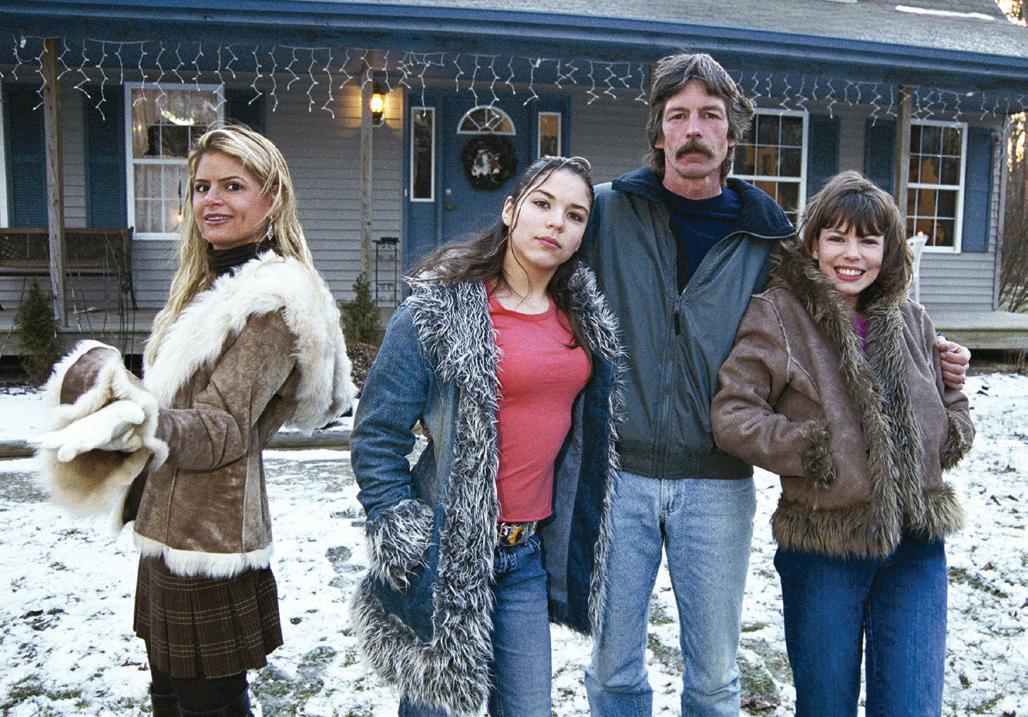
classic Greek theatre where you know far more than the participants,” he says.
“There was a show called The Mole where the viewer wasn’t in on it, and The Traitors is so much stronger because of that element. [With] some shows you can be steered in all sorts of directions by the editing, but with The Traitors you know who the traitors are and the question is will they succeed in being there at the end?”
The Traitors is a Dutch format Studio Lambert picked up in the UK and US from distributor, and sister company, All3Media International, but Lambert is well known in the States for his own shows. He successfully pitched quaint Channel 4 format Wife Swap to ABC in the age of Who Wants to be a Millionaire? and Survivor Then came Undercover Boss, which aired after the Super Bowl in 2009. “If your show is airing after the Super Bowl it’s exciting watching the game – you want it to be close so everybody is still watching, but you don’t want overtime because then your show starts at 23.00 and nobody is still watching,” he says.
With Undercover Boss “we got a ‘yes’ in the room,” he recalls. “The exec at the time was on location with Survivor so we pitched Nina Tassler, who ran CBS at that time, and she cried when we played the tape. It was the height of the 2010 financial crisis; we had sold the show to Channel 4 but couldn’t find anybody to take part and were only commissioned to make three episodes. We cut a sizzle from those, we saw Nina, she liked it so much she said, ‘We want to do this’ and we went straight to pilot. We did the deal the next day.”
Lambert believes the traditional gap in styles and tropes between UK and US TV is narrowing. “American television tends to be a little faster although British TV in its taste is catching up with how American TV is made,” he says. “American TV tends to use a lot more music, they’re constantly wanting to tell you what you should be feeling through the music. Again, the differences are becoming less than they used to be and we’re persuading US network execs we should maybe have a little less music all the time because natural sound can be intriguing and engaging when used in the right way.”
running daytime series Four in a Bed But another of Studio Lambert’s big recent productions was the unscripted version of Squid Game for Netflix, which, as established IP, had a typically large streaming budget.
“The streamers have the appetite for things with the production values of scripted and if you want to look distinctive in such a crowded marketplace doing that helps a lot,” he says. “There is an appetite in unscripted right now for existing IP – whether it’s a scripted show like Squid Game you can turn into an unscripted show or an existing game. The Traitors was an original format from the Dutch guys who created it, but it’s based on an existing game. This was a clever way of turning it into a TV show.
“You’re as good as your reputation and relationships. I’ve known Brandon Riegg at Netflix for a long time; he was at NBC for a long time and an exec on Wife Swap, so that makes an enormous difference. It didn’t mean it wasn’t a great worry for both of us. If it doesn’t work, it’ll destroy both our careers and if it’s a success it’s just another success.”
Lambert has been at this a long time, starting at the BBC making documentaries and then flipping to RDF where he got into formats. Channel 4 chief creative officer Ian Katz has criticised the modern television environment for being “quite boring, safe and risk-averse,” with broadcasters “using established talent rather than betting on new talent.” But his big summer launch was The Inheritance, another mental strategy game from Studio Lambert.
Lambert denies the industry is unwilling to take risks, saying plenty of chances are being taken by streamers and broadcasters. But then that’s easy to say from his position, where you speak to your former colleague Brandon and get handed IP like Squid Game. When asked for advice on cracking the industry as a newcomer he says simply: “Watch stuff.”
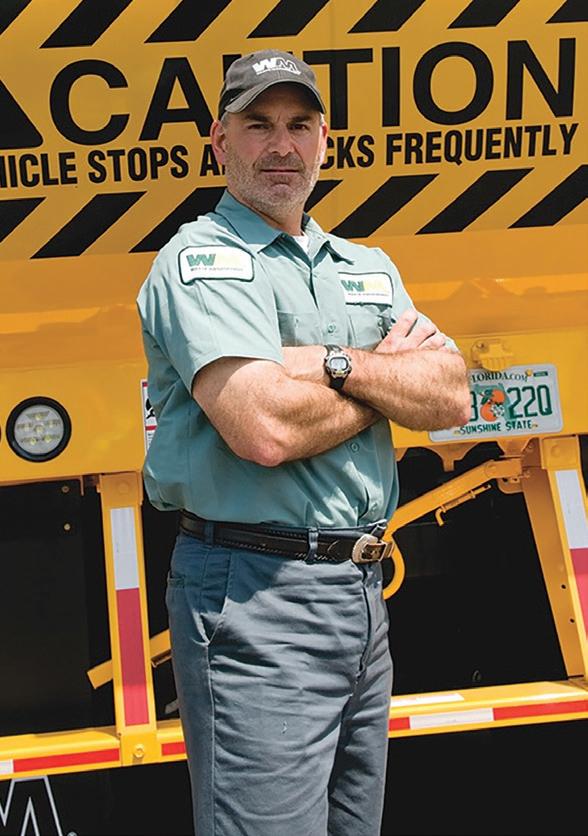
He adds: “Have opinions about what you watch. Develop your critical faculties. ‘I watched this show and can see why it is or isn’t working. These are the changes I would make to make it better.’”
It’s not his problem, of course, but for the wider industry, Lambert admits it is a rather closed shop at the top end. “There’s an appetite for bigger. In the past, the buyer was often spending millions of pounds, which was a big gamble. Now, when they’re buying Squid Game: The Challenge they’re spending tens of millions of pounds. In doing so, they have a show with a real presence from the off.”
Studio Lambert chief creative officer Tim Harcourt and Lambert made a decision to concentrate on trying to be in the ‘big’ unscripted space, he says. “From the buyer’s point of view, it’s a risk buying a show that costs millions, so it’s a huge risk buying a show that costs tens of millions. You’re only going to do that with people who you know can deliver.
One of Lambert’s greatest sources of inspiration has been his wife whose suggestion of ‘doing Pygmalion for real’ famously turned into Faking It, and an idea for competitive bed and breakfasts became Channel 4’s long-
“The Catch 22 of unscripted at the moment is how do you get into the club where people feel comfortable that you can pull it off? Once you’re in that club, surprisingly, it’s not as crowded as you might think.”
The question is, where does the next Stephen Lambert come from in that environment?




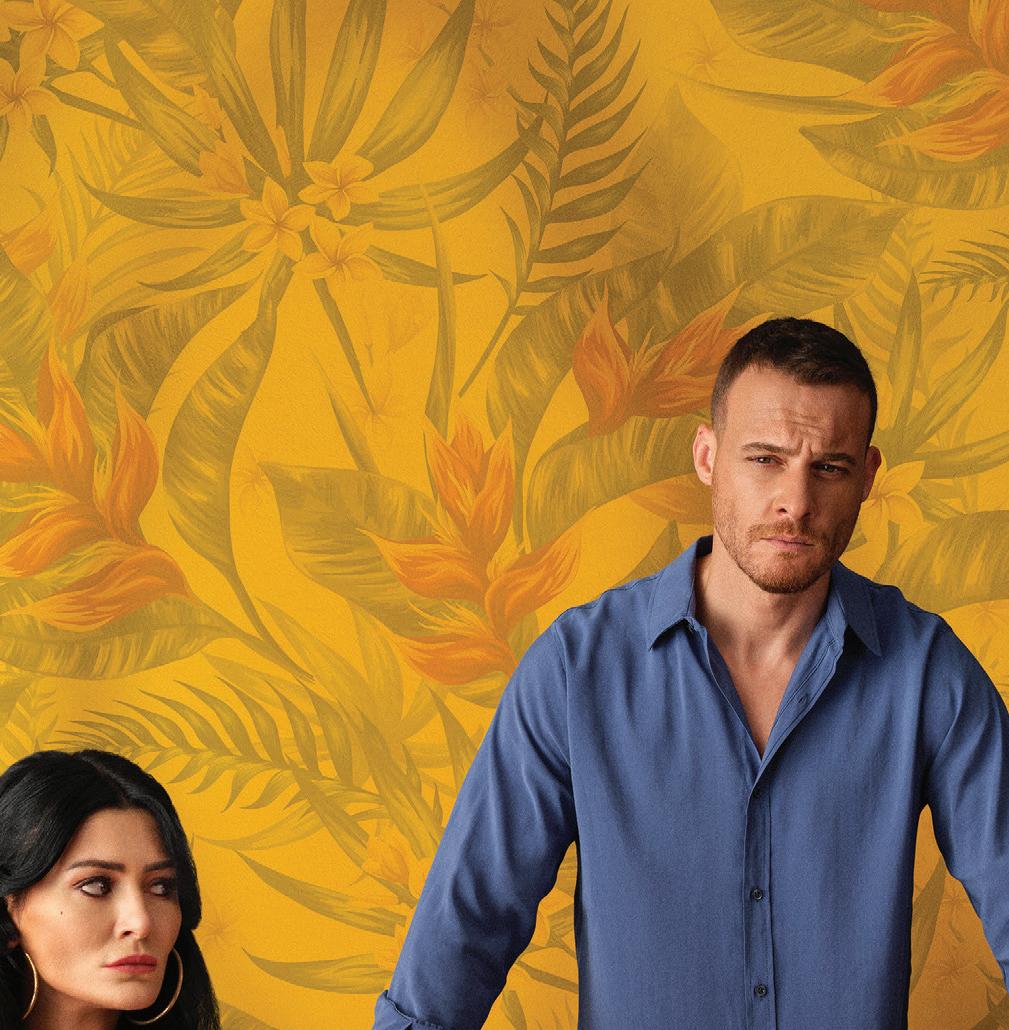


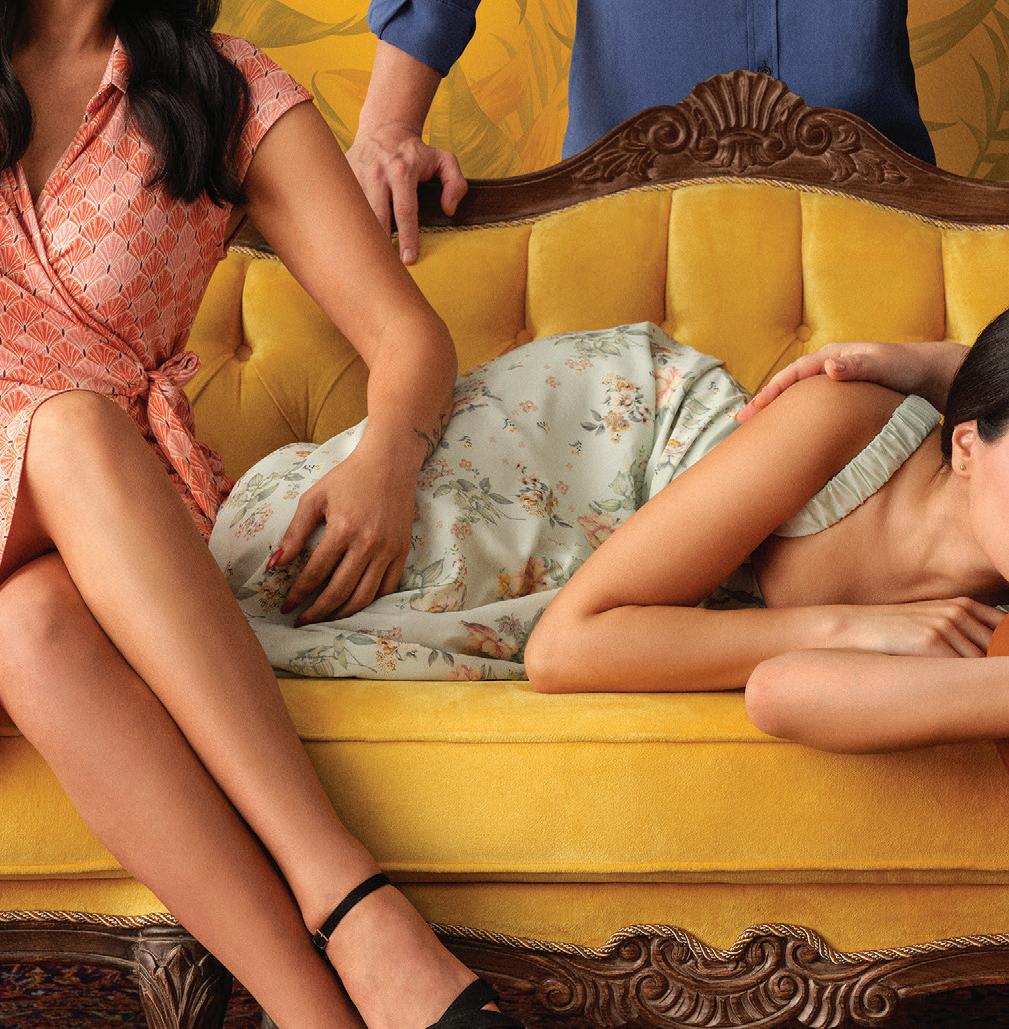




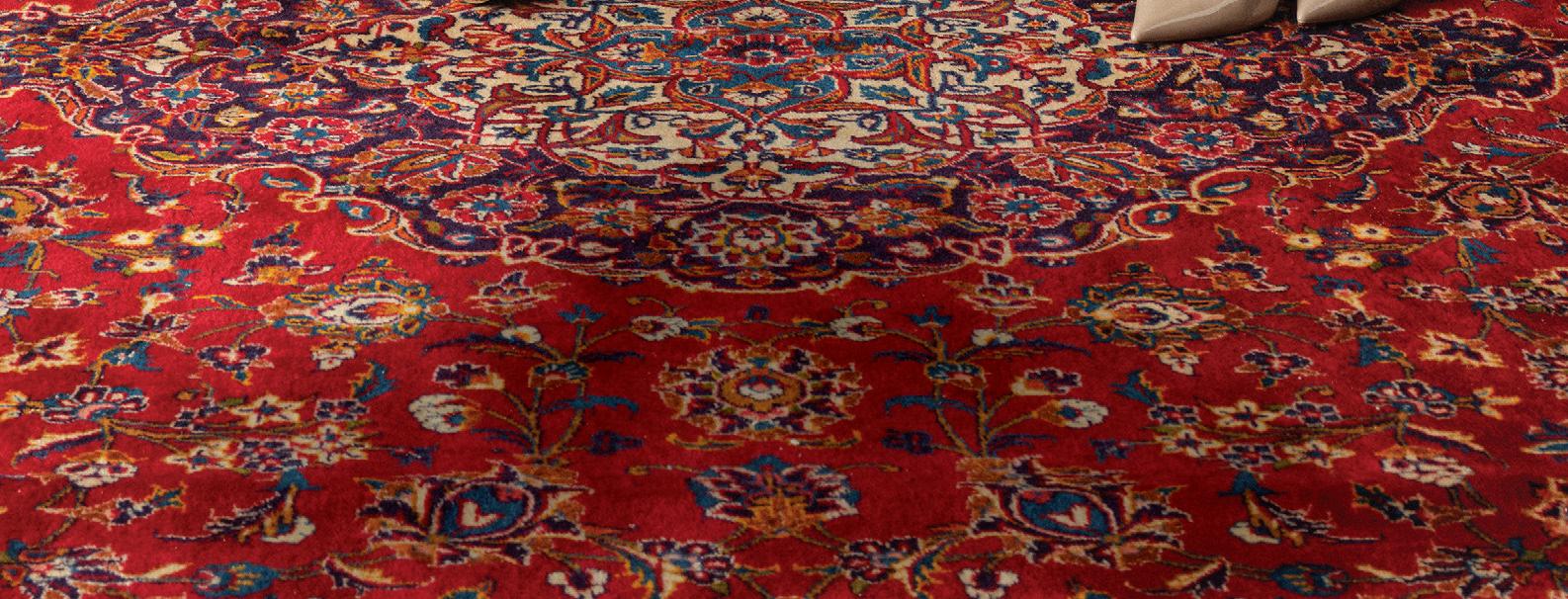
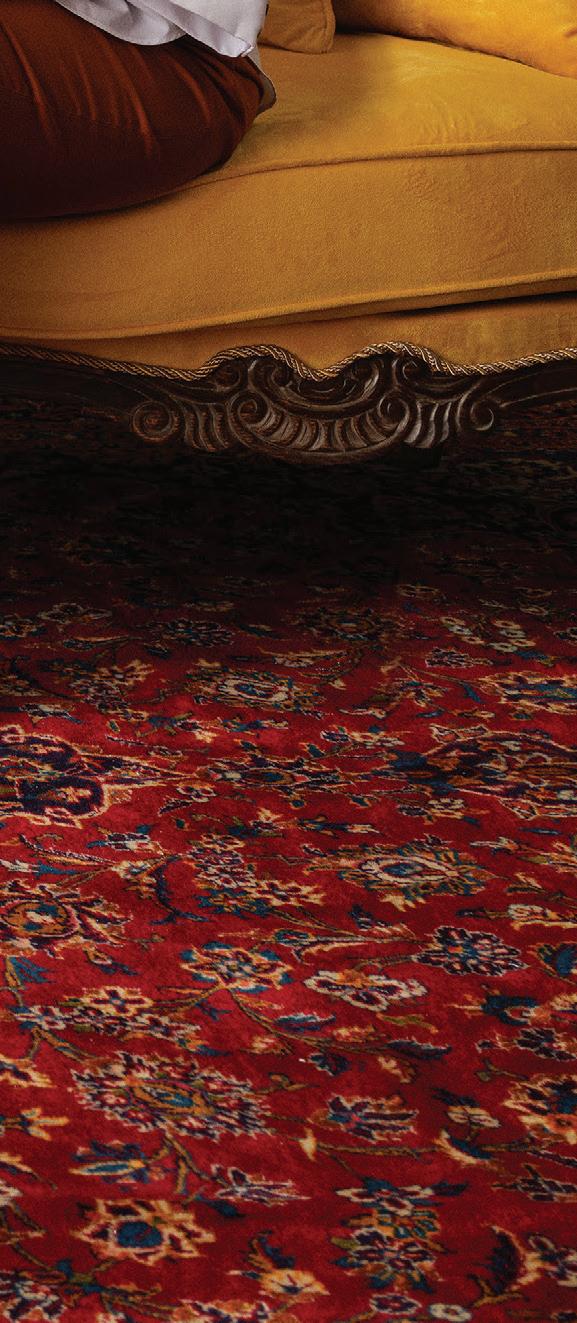


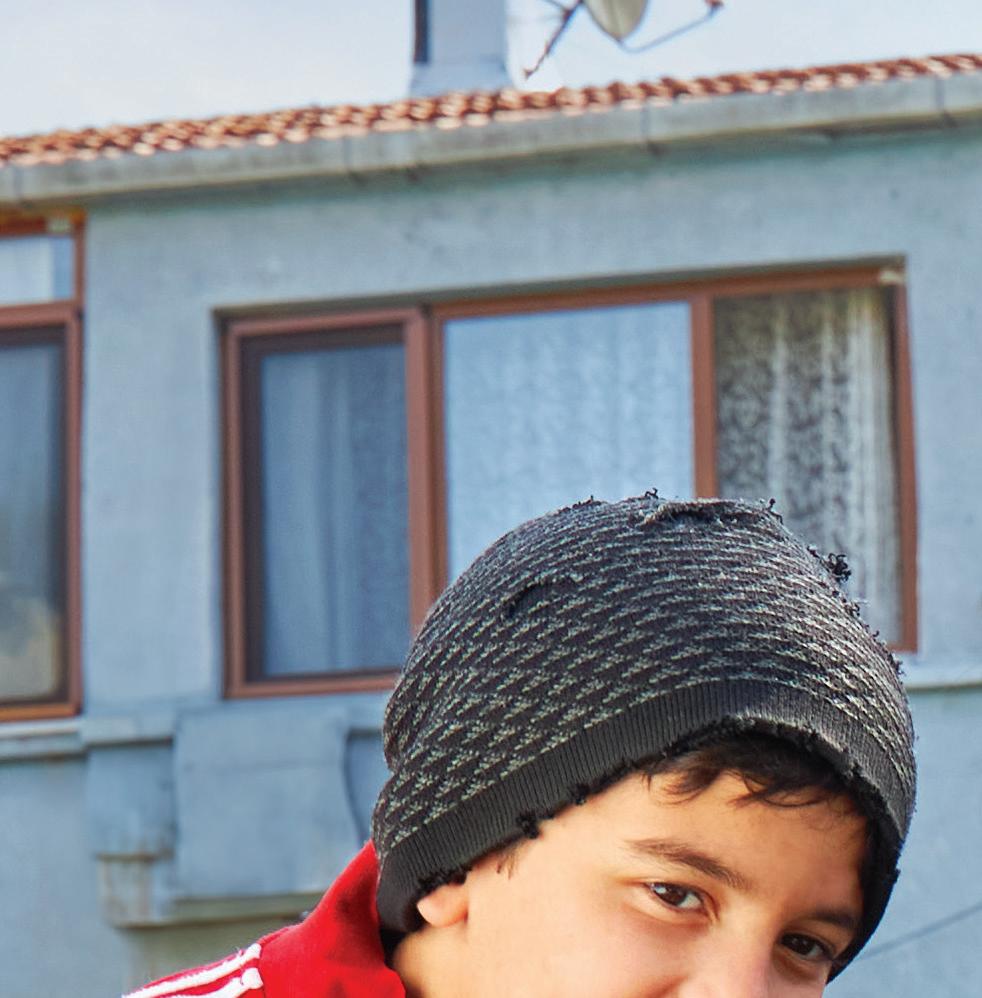
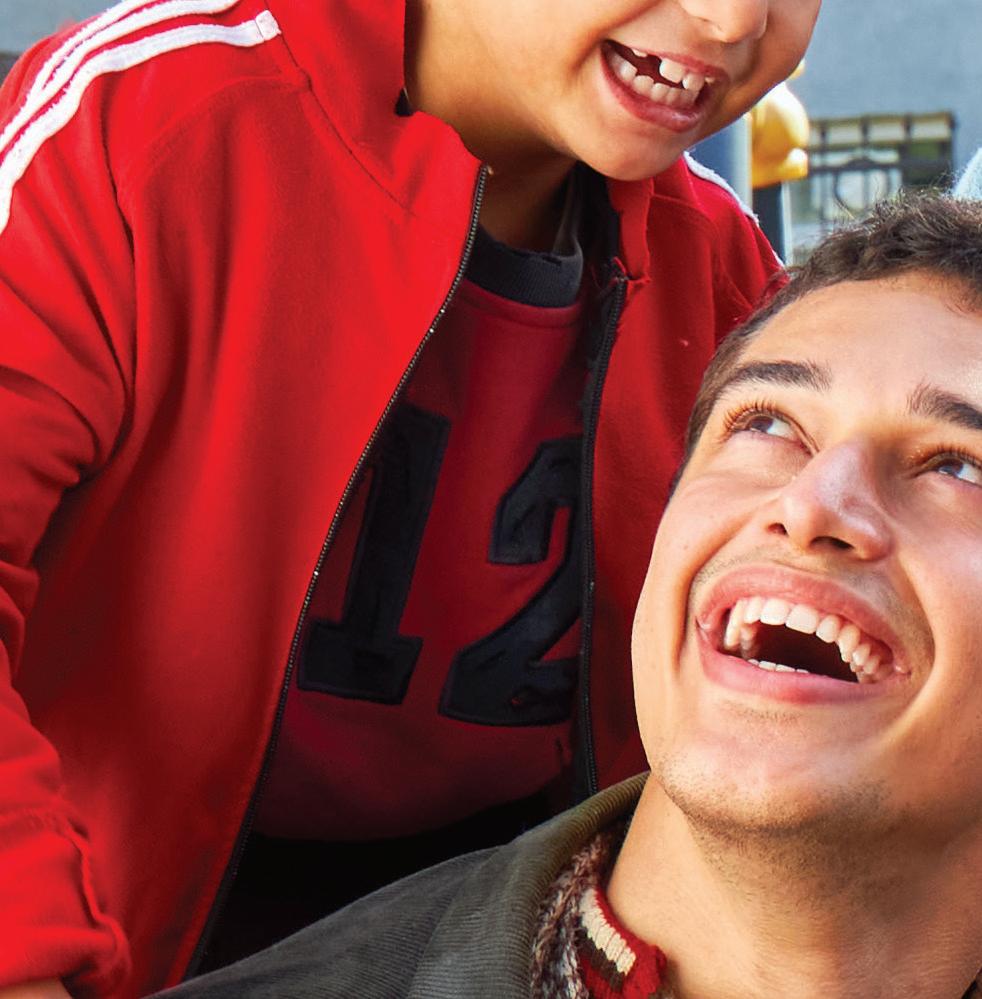

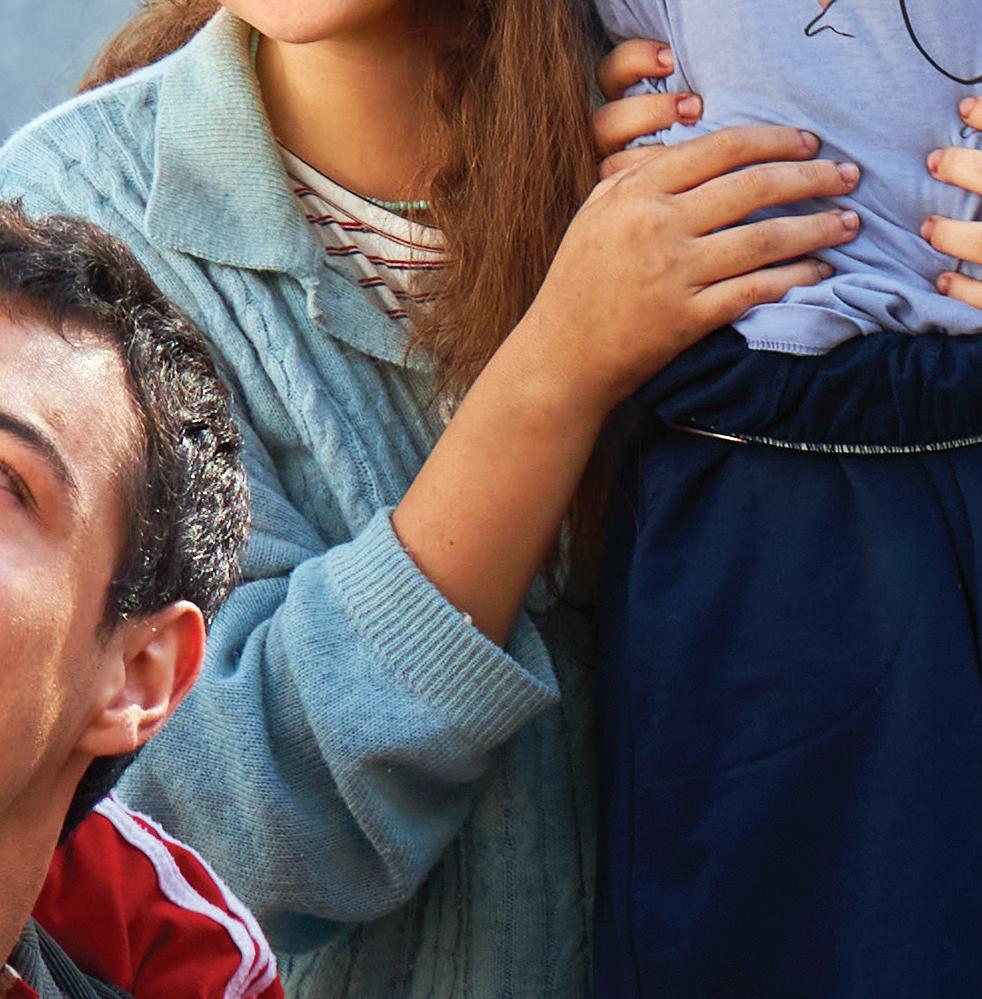
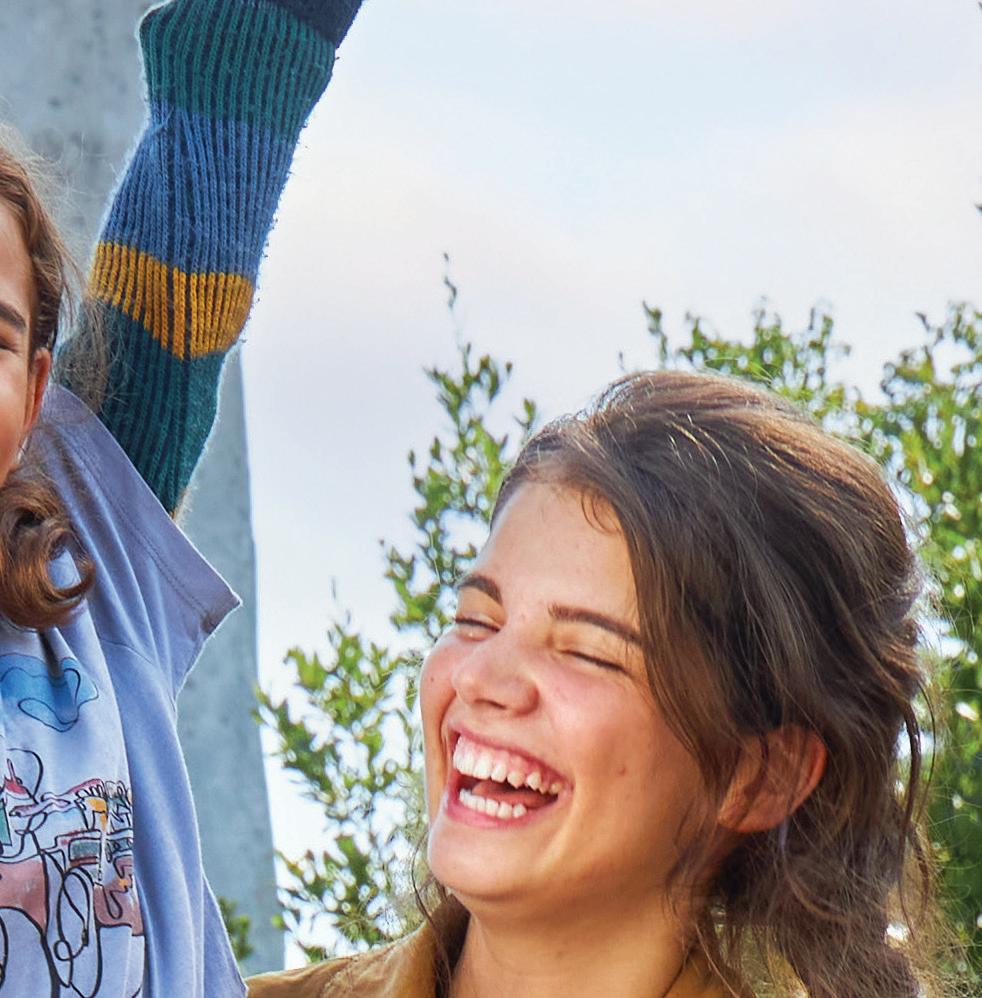

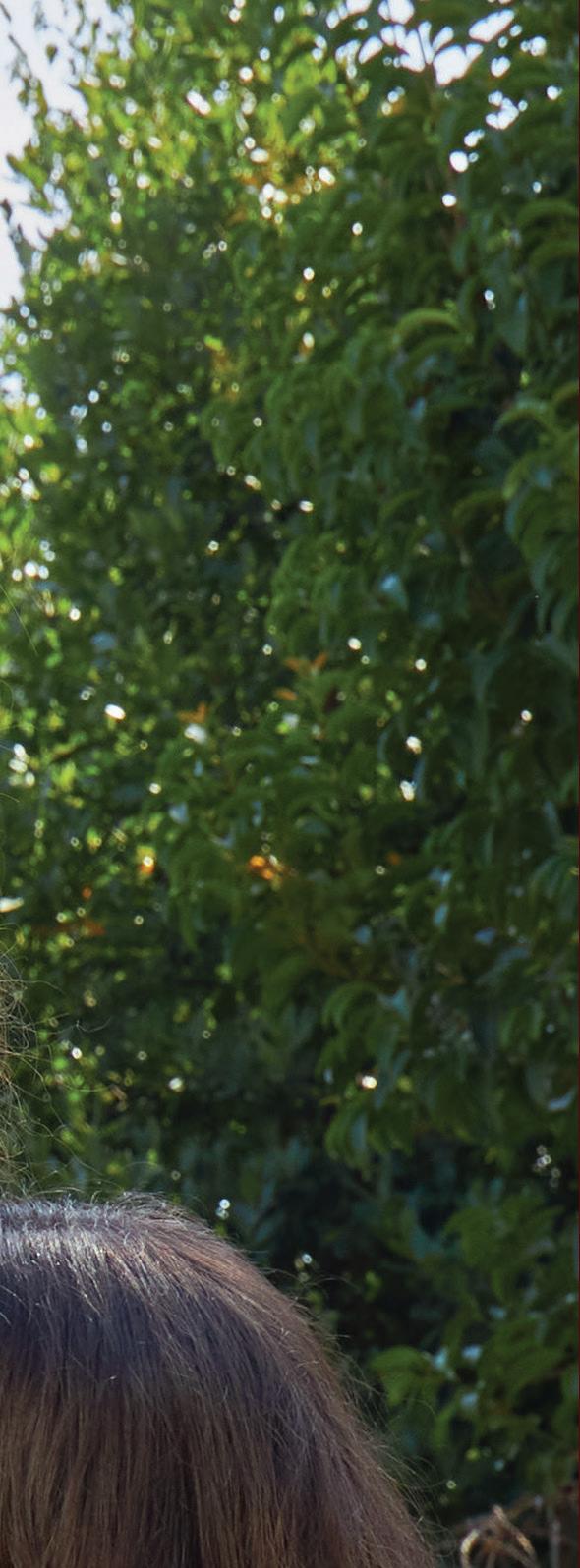
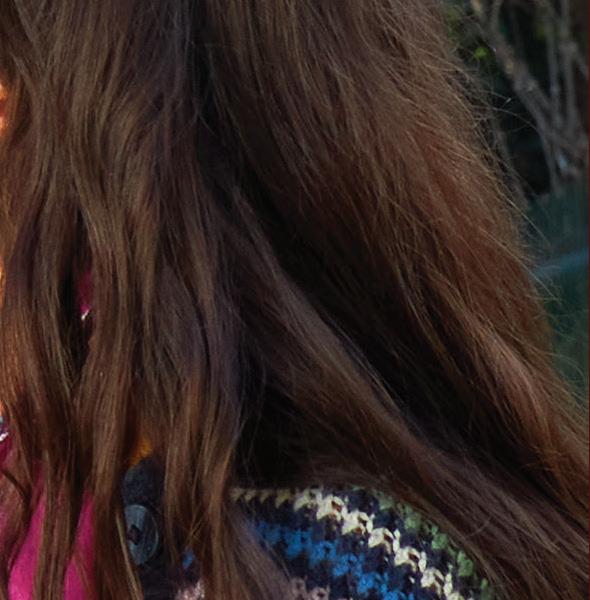


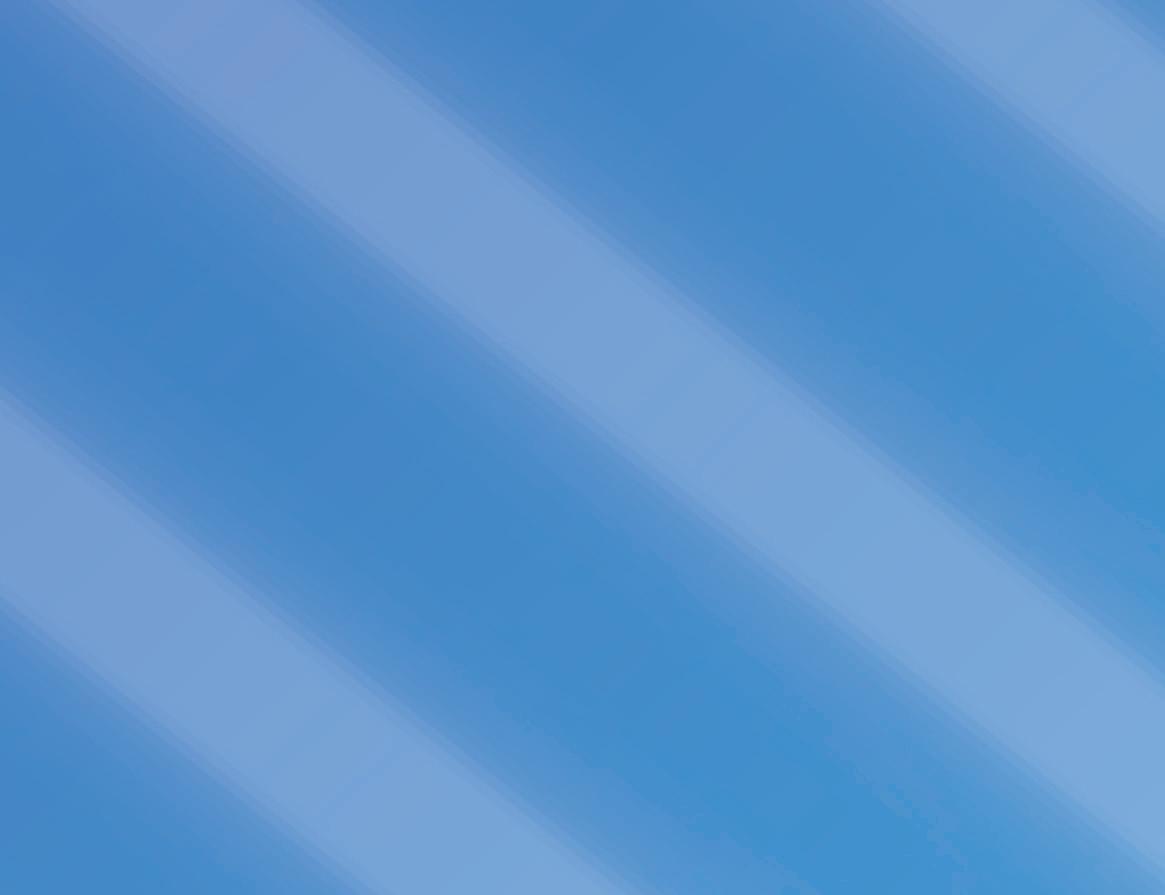
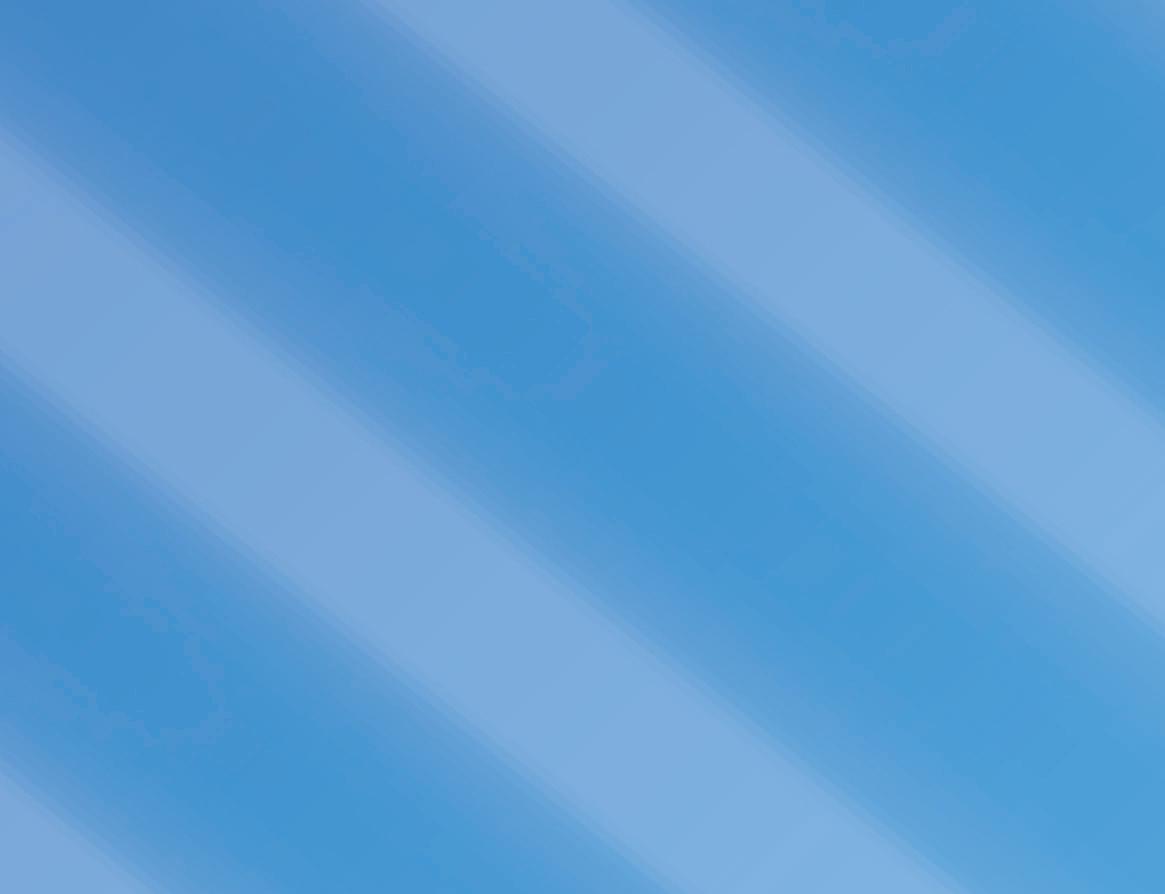
13th-16th October


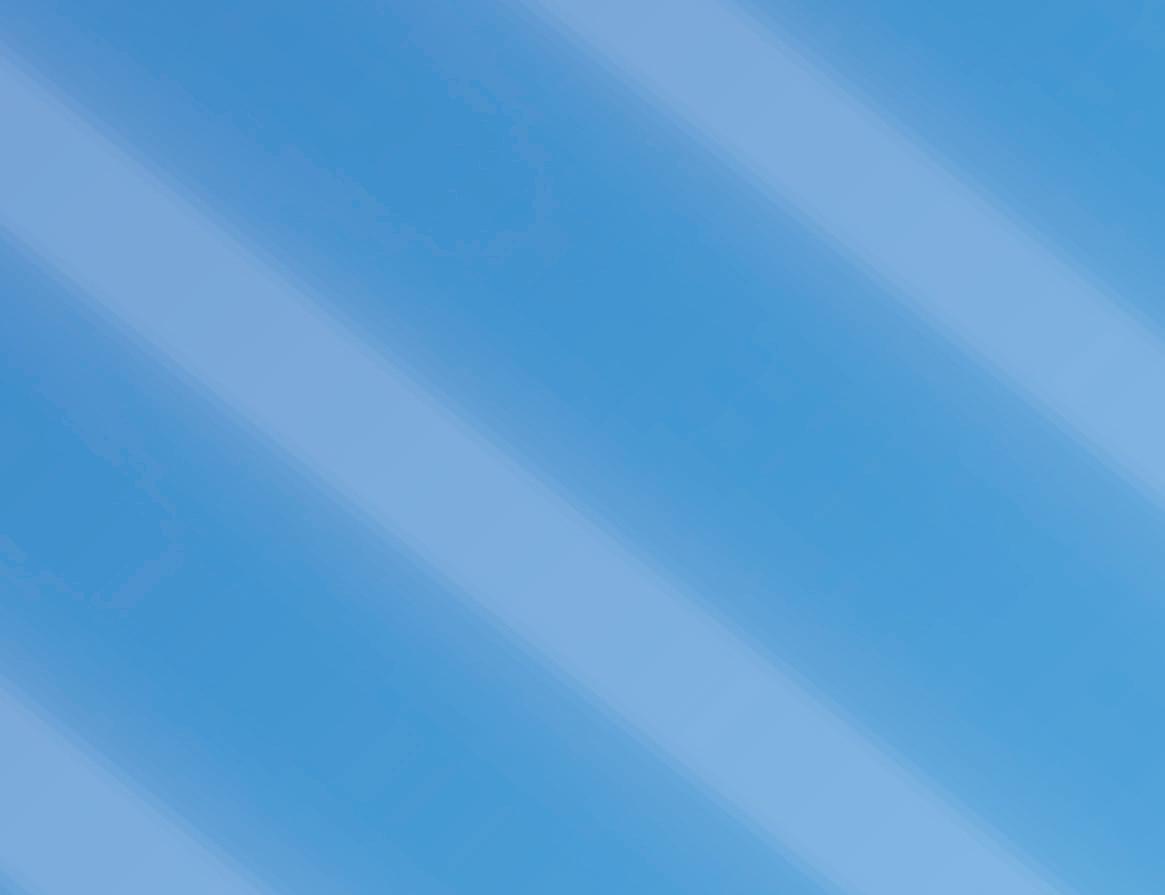

Where deals are done, partnerships are born, and stories find their stage.
Palais des Festivals, Cannes.



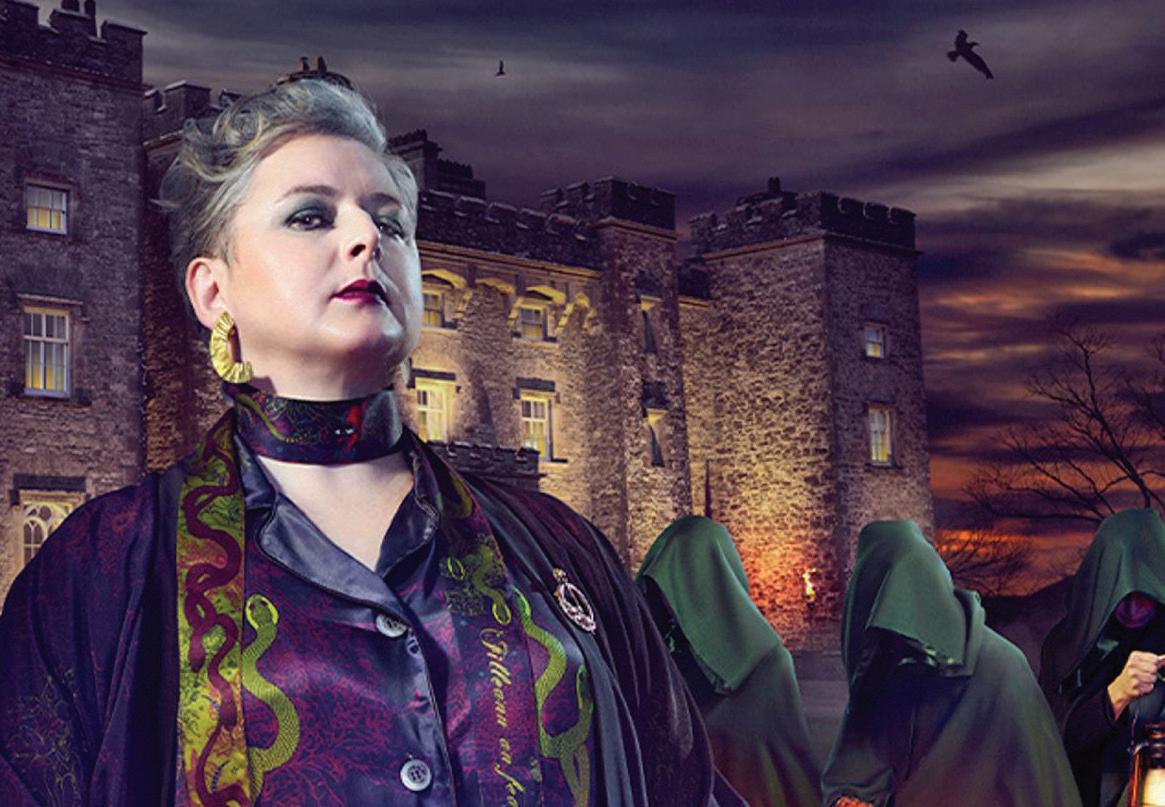


Experienced formats producer Teresa Smith was appointed commissioning editor for factual entertainment at Irish public broadcaster RTÉ in July as part of its five-year New Direction Strategy plan. Now underway, the strategy sees the pubcaster adopt a more streamlined approach to supporting Ireland’s creative sector and independent commissions.
which fact ent can bring to a channel,” says Smith. “It’s also a great way of creating and finding new talent. With fact ent, you can cast ordinary people who go on to grow and can stay in the industry.”
The Traitors Ireland was commissioned prior to Smith’s appointment by RTÉ head of documentary series Grainne McAleer. However, any potential subsequent seasons will come under Smith, who was also an exec producer on the series.
RTÉ’s recently appointed commissioning editor for factual entertainment Teresa Smith is seeking Ireland’s next big fact ent hit, underpinned by a revised strategy of working with the country’s independent production sector. By Gün Akyuz
“Fact ent is a really important genre for us. It’s one that works on linear and on digital and on our social platforms and attracts a mainstream audience but also a younger audience – 18 to 44s, which is obviously what every broadcaster is chasing at the moment,” says Smith.
Smith is looking to commission big, impactful fact ent shows for 21.30 slots and RTÉ Player. Such shows also generate significant employment, she observes. RTÉ occupies a “unique place in the Irish landscape,” says Smith. “It’s part of our remit to nourish and invest in the industry and in the sector and fact ent can definitely do that. As a genre, it also allows offshoots and social media engagement alongside the main, so there’s that opportunity for spin-offs.”
While Smith’s remit sits within RTÉ’s fact ent features content, her objective is reality-driven shows “with the entertainment element really dialled up and much more formatted than a features proposition would be,” she says.

RTÉ aired The Traitors Ireland, produced by Kite Entertainment and hosted by Derry Girls’ Siobhán McSweeney, on RTÉ One and on RTÉ Player in September after months of eager anticipation. This came after RTÉ Player streamed US, UK and Aussie versions of The Traitors as a warm-up.
“When we announced that we were going to produce The Traitors Ireland, within the first two weeks, the production company received 4,000 applications, which is unheard of. It just showed us the importance of those big brand-defining titles
The focus is around “real people or celebrities in a constructed environment where there’s something to be won, whether it be prize money or love or some other outcome. It’s very much not a studio environment, but a constructed location environment and produced for its entertainment value,” says Smith, citing RTÉ’s existing roster of adapted formats from First Dates Ireland and The Great Irish Bake Off to Dragons’ Den and Married at First Sight, some of which Smith has exec produced for RTÉ.
“Our vision for fact ent is impactful content and returnable series. We always find that when people watch First Dates on linear they then go to the RTÉ Player and binge-watch three or four more episodes, so it generates viewing,” she says. An 11th season of First Dates is currently in production.
Ireland’s independent sector already has “a great reputation of taking international formats and making them our own, like we’ve done with First Dates,” says Smith. “We’ve done international performances to the same standard with lesser budgets. The



main challenge for our producers is to maintain those standards, and they have to be really creative in how they go about it.”
Another skill among Ireland’s indies is great casting that “reflects the diversity of modern Ireland and characters that audiences can identify with. That’s really important,” adds Smith.
As part of her remit, Smith is naturally keen to find the next locally originated global hit. “The ideal ambition is to commission fact ent that will resonate with our own audiences, but will also have international appeal,” she says, citing long-running Irish format Ireland’s Fittest Family, which has been sold into multiple territories. A refreshed 13th season is now in production.
RTÉ’s New Direction Strategy will continue to protect linear while growing digital and the pubcaster’s digital RTÉ Player, which is now “a very important platform,” says Smith. “We want big titles that really define RTÉ as a brand and enhance our brand through talkability. In the past, we would have had 30-minute fact ent programmes, which are great, but the vision for my role is to commission shows of longer duration – 50 minutes – that will really make an impact in our schedule and that we can build around.”
A revamp to the way RTÉ works with the local creative industry will help identify new original formats in a multi-platform context, and requires engaging indies further upstream in the process, she adds.

“ We want big titles that really define RTÉ as a brand and enhance our brand through talkability... that will really make an impact in our schedule and that we can build around.
Teresa Smith
that need to be catered for,” Smith continues. “Not every project will go straight into primetime and be a success, so there are opportunities on RTÉ Two, as well as Player to try out new formats, so they’re not under such a spotlight and have an opportunity to grow.”
The revamp won’t lead to an increase in commissions, however. “I’m working towards impact, rather than volume,” says Smith. “For every five projects in development, I would be really happy if we got one big successful project commissioned.”
The next hit could be either a locally originated or adapted format. “It’s a balance of both. If you’re talking about off-the-shelf, they have merits in terms of brand recognition straight away and the audience know what they’re getting. They also give our producers experience of working on big projects,” explains Smith.
Whether it’s ShinAwil producing Ireland’s version of Dancing with the Stars, Indiepic for DIY SOS, Coco Content for First Dates or Kite on The Traitors Ireland, “these are all really big productions with international formats. The experience that our producers get doing those productions is invaluable and the employment that’s created with those big productions. The Traitors had about 180 people and employed freelancers,” Smith observes. “On the other side, original formats are great in terms of producers owning their IP, and the ambition is to sell internationally and that’s great for our industry here in Ireland.”
The goal is a more streamlined development slate of “big, ambitious formats that will attract and keep the older audiences, but also attract new audiences. That’s why it’s really important that anything we commission works multiplatform. We’re looking at doing pilots on YouTube and giving younger companies that opportunity with development funding and getting more collaborations going between companies, and really creating a space that will energise and


invigorate the sector,” Smith says. There’s no specific development funding pot, but “if it’s something we’re excited about and that needs development funding we will get development funding,” she notes.
Alongside this, “my focus will be on nurturing the indie sector and investing in development, which will also help bring newer smaller companies to the fore, as well as trying to establish collaborations between younger companies and the more established ones. So that means engaging with them at a much earlier stage, and getting the conversation going at a very early point about all the different platforms
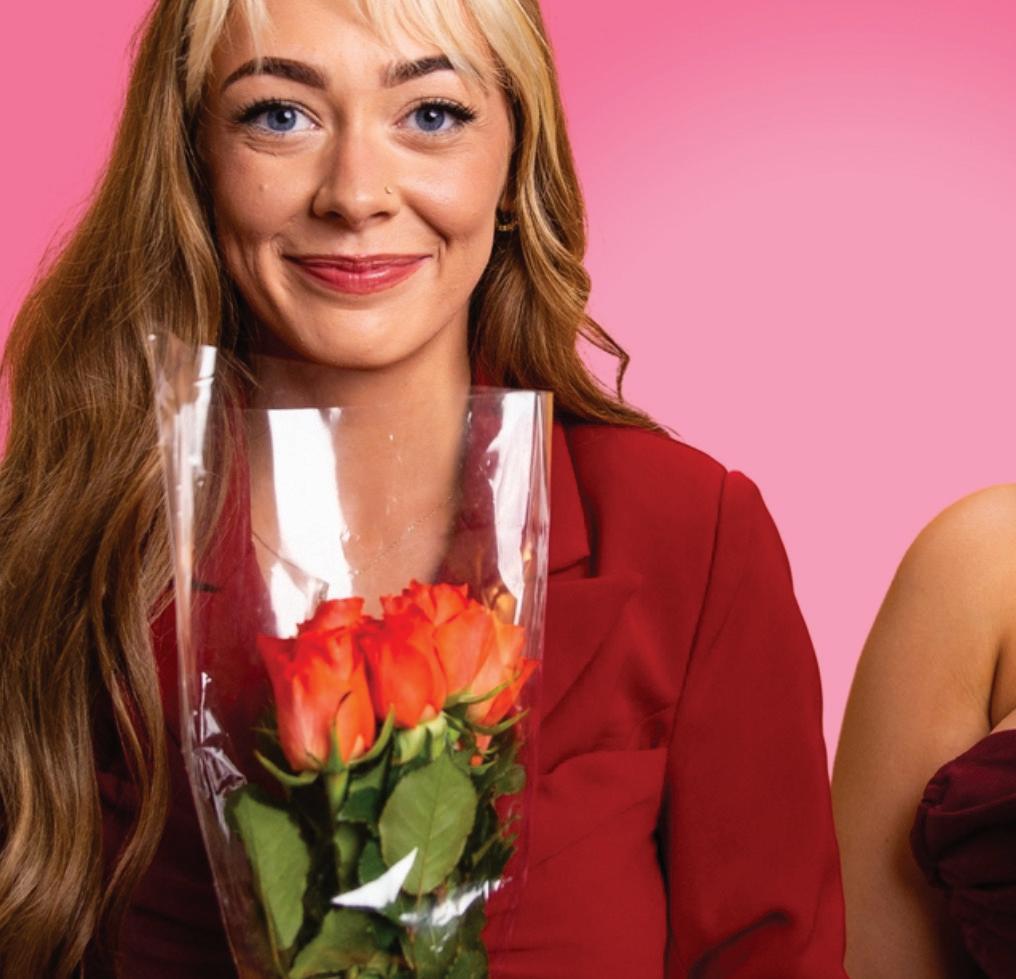

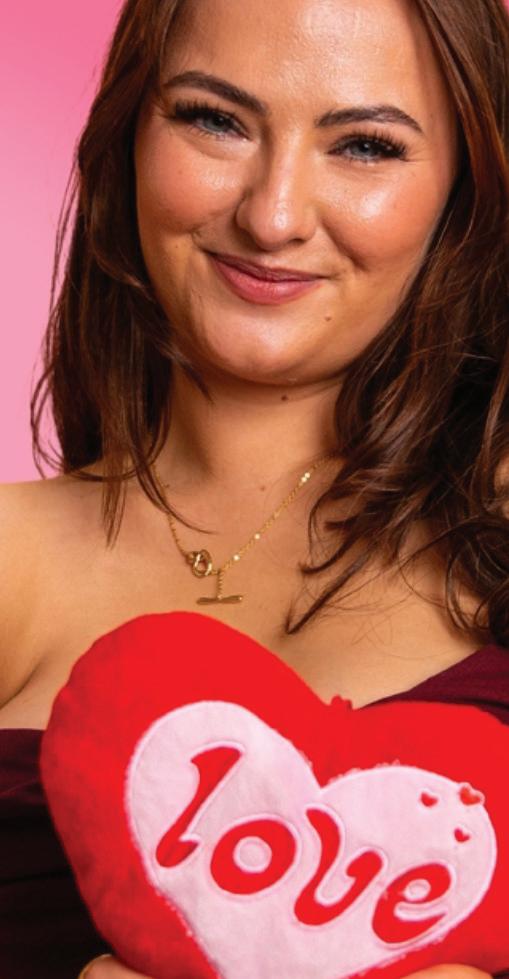
As for specific upcoming priorities “nothing’s off the table, so long as the entertainment factor is there,” says Smith. “Just give us your best idea”. A challenge-adventure fact ent format, incorporating either relationships or challenges “would be very appealing to me,” she adds.
advocates an open-door policy instead of annual

Smith, who is now working on projects for the autumn 2026/27 season, presented her first briefing session to Irish independents in September. She advocates an open-door policy instead of annual pitching rounds to catch ideas early, and “sometimes a two-line pitch just grabs the essence of what it is,” she advises.
“We still have a long way to go. We still commission quite traditionally for linear, with the platforms as an afterthought, so it’s exciting to see how we can incorporate all of that together from an early stage and where we can go with it. It’s also exciting to engage on what original ideas and opportunities there are to create new talent as well as see new faces on screen, and the potential to have that one big hit that’s an original Irish format,”

there are to create new talent as well as see Irish says Smith. and that








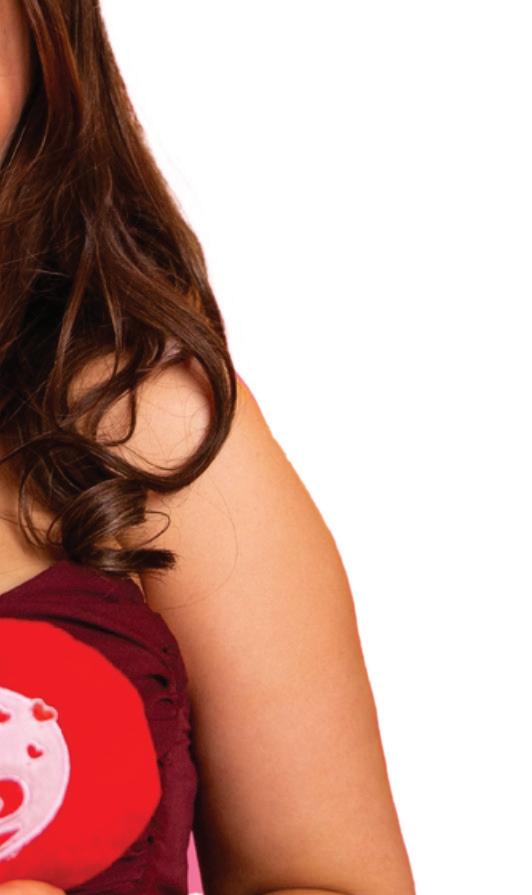
ent projects to screen and the
“I’m really excited about the clarity that has been brought about by having a dedicated commissioning editor for fact ent, and that sends out a message to the sector about the importance we’re placing on getting big fact ent projects to screen and the opportunities that can be created in doing that.”

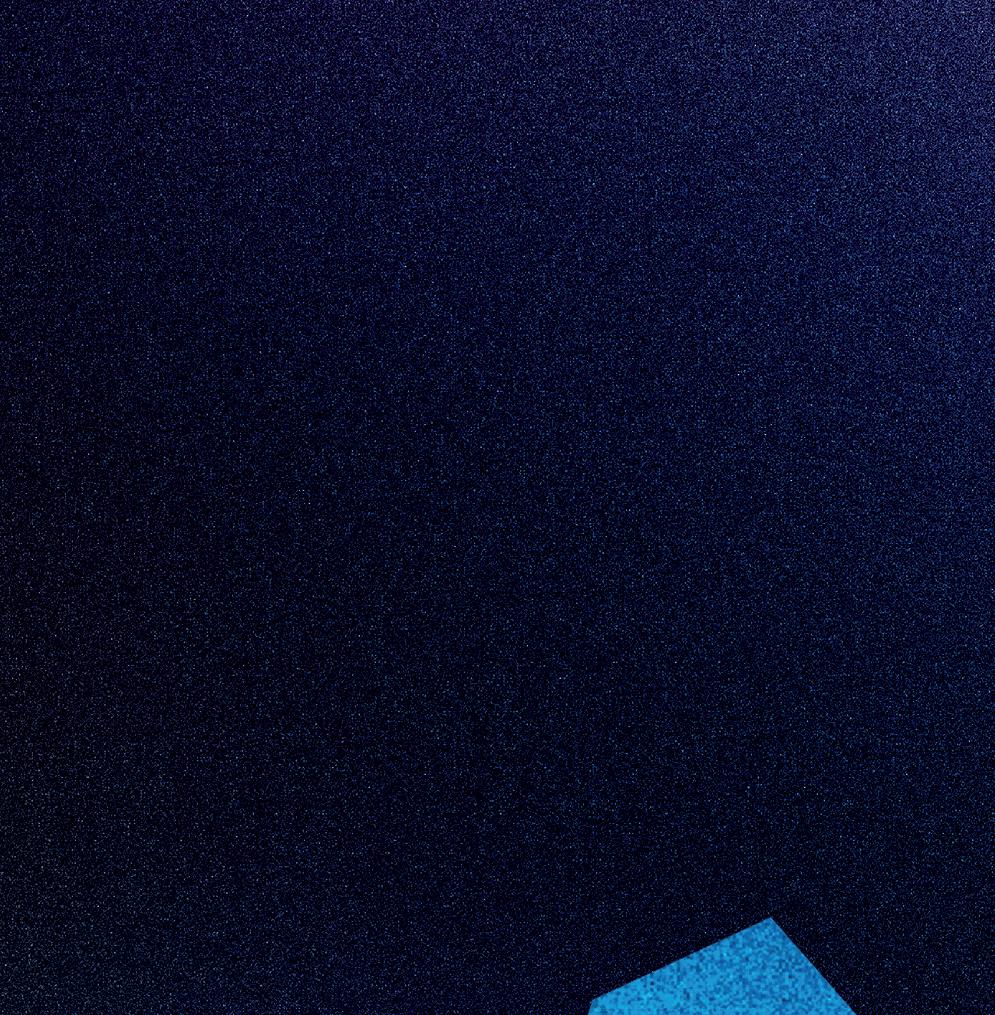



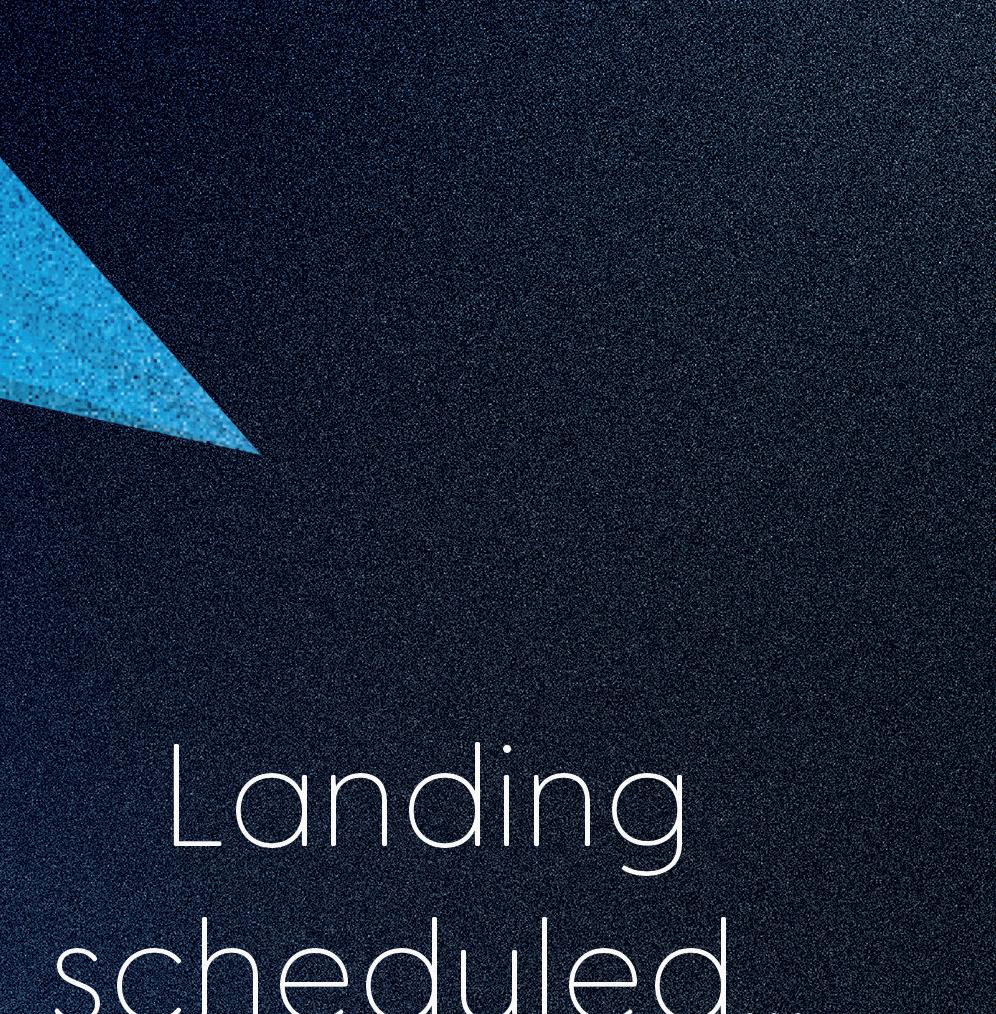
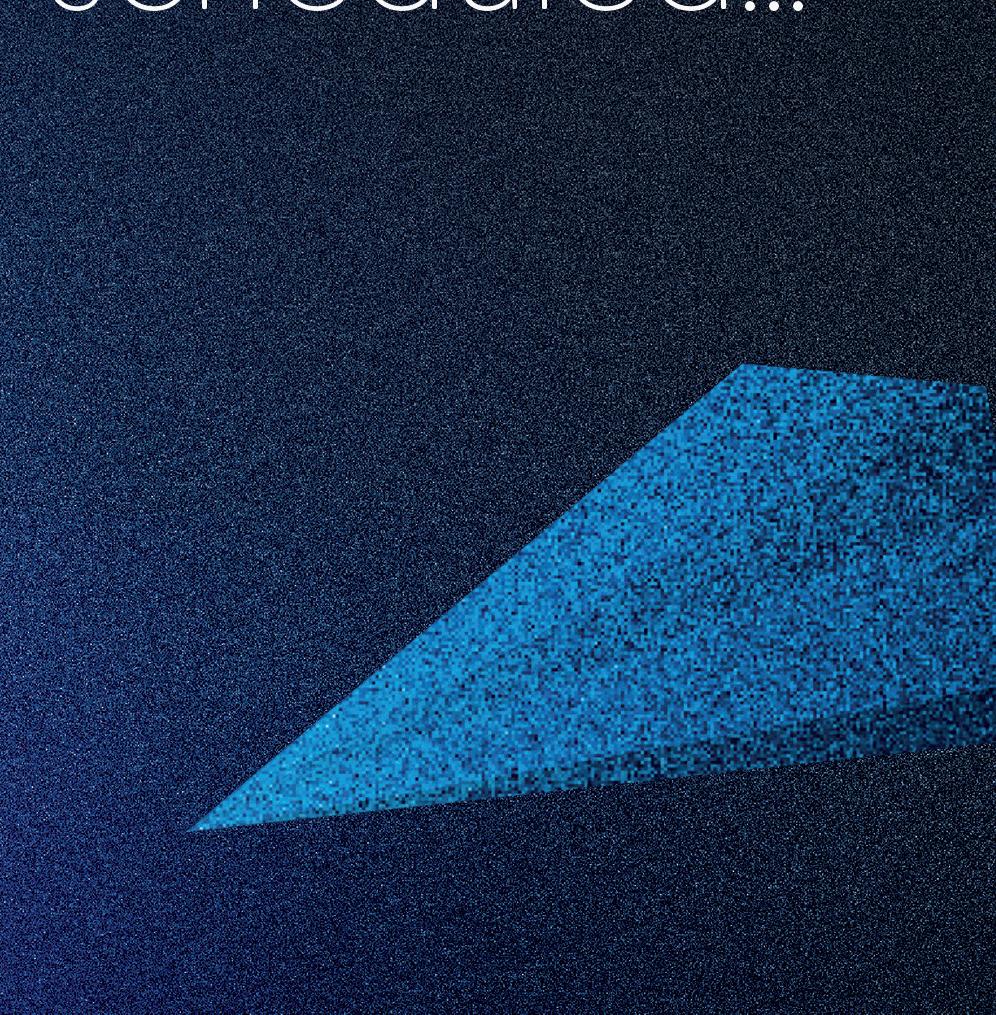
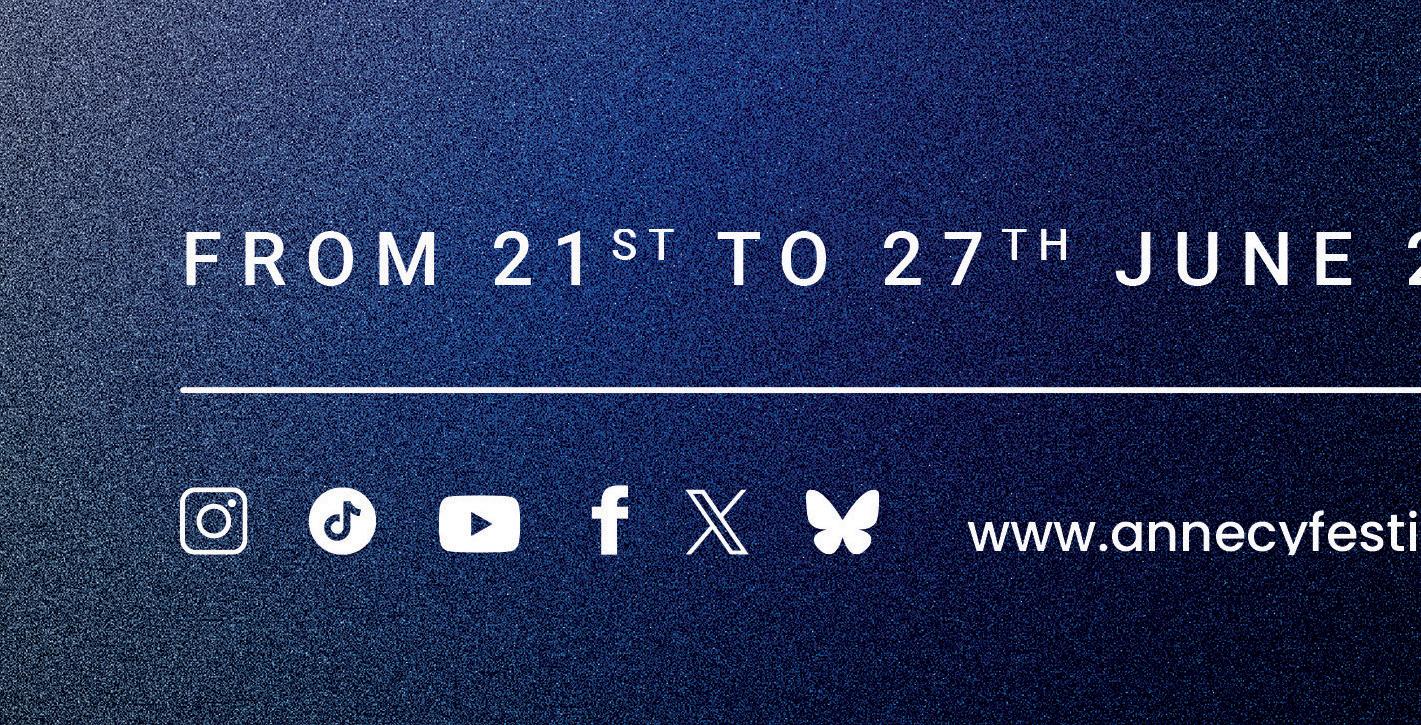




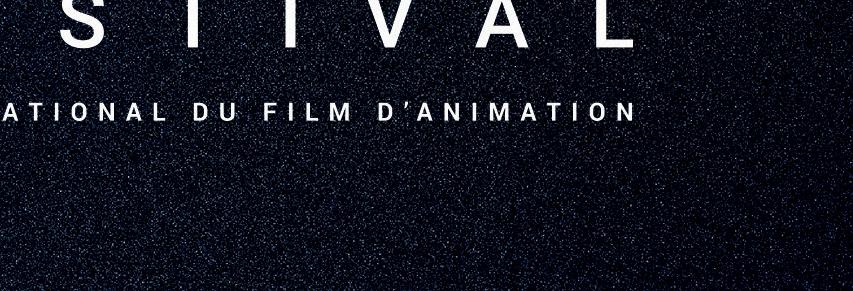

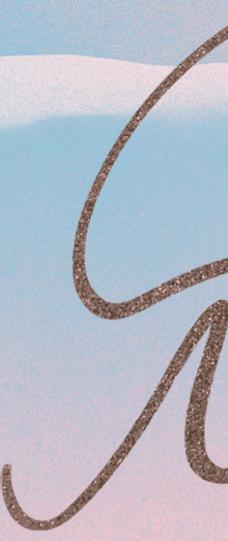

3-5 March 2026
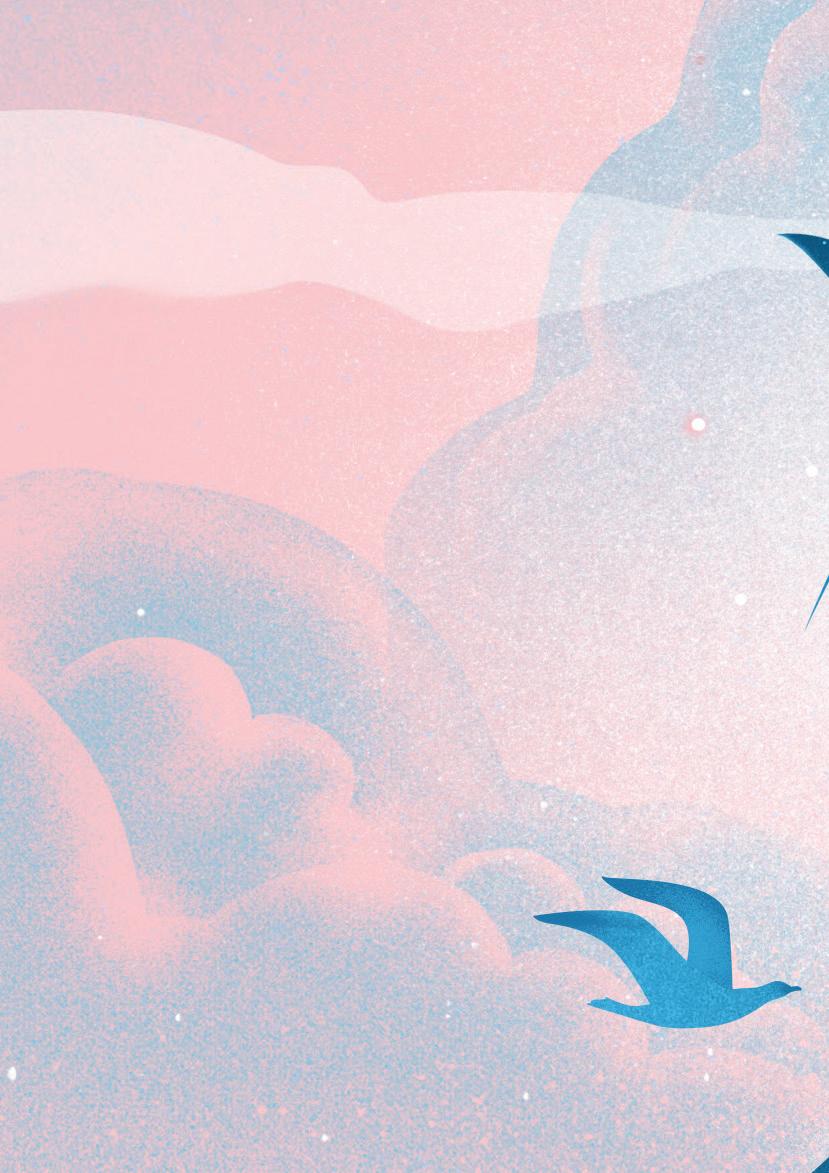
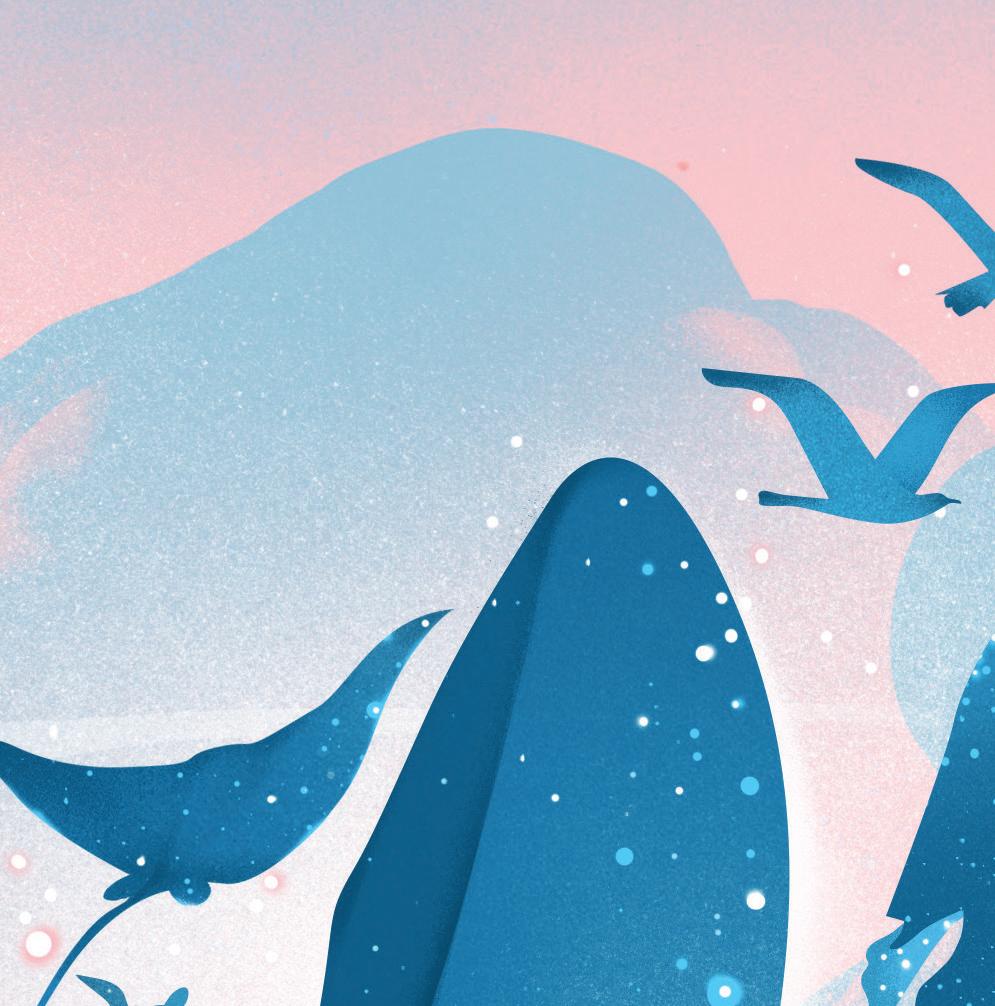

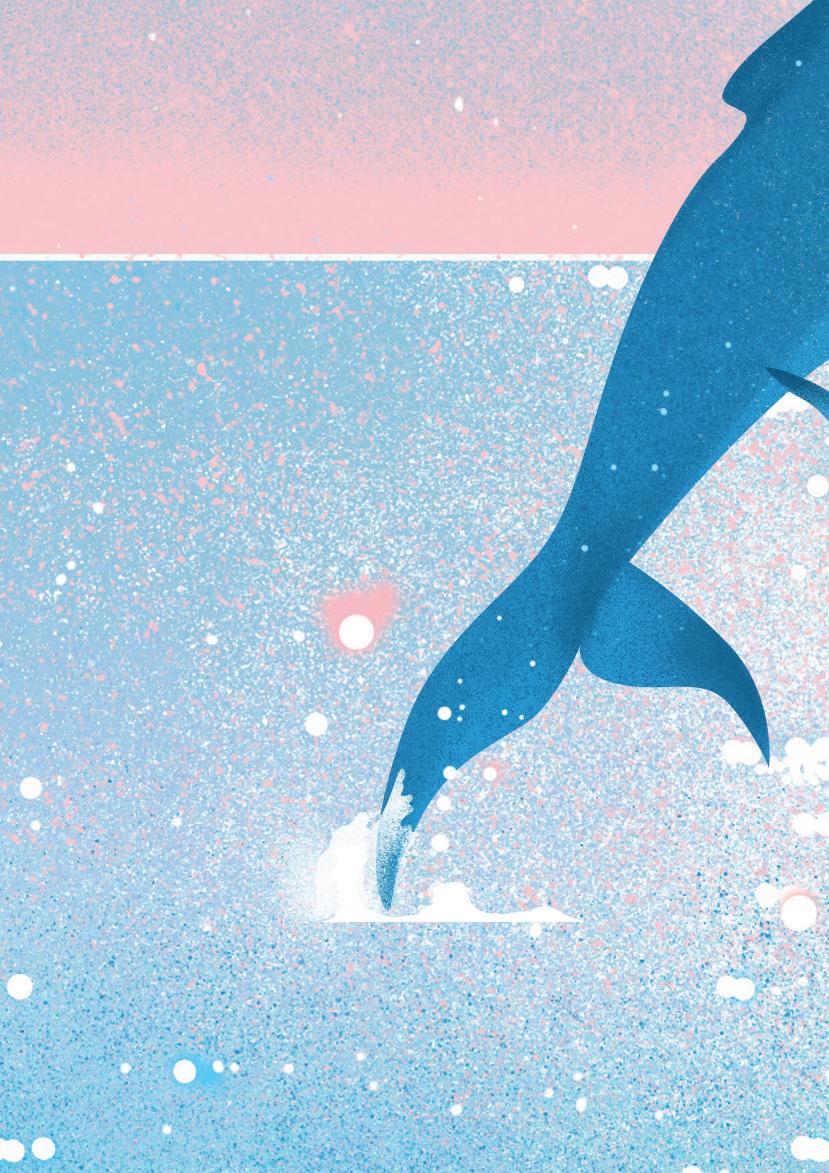
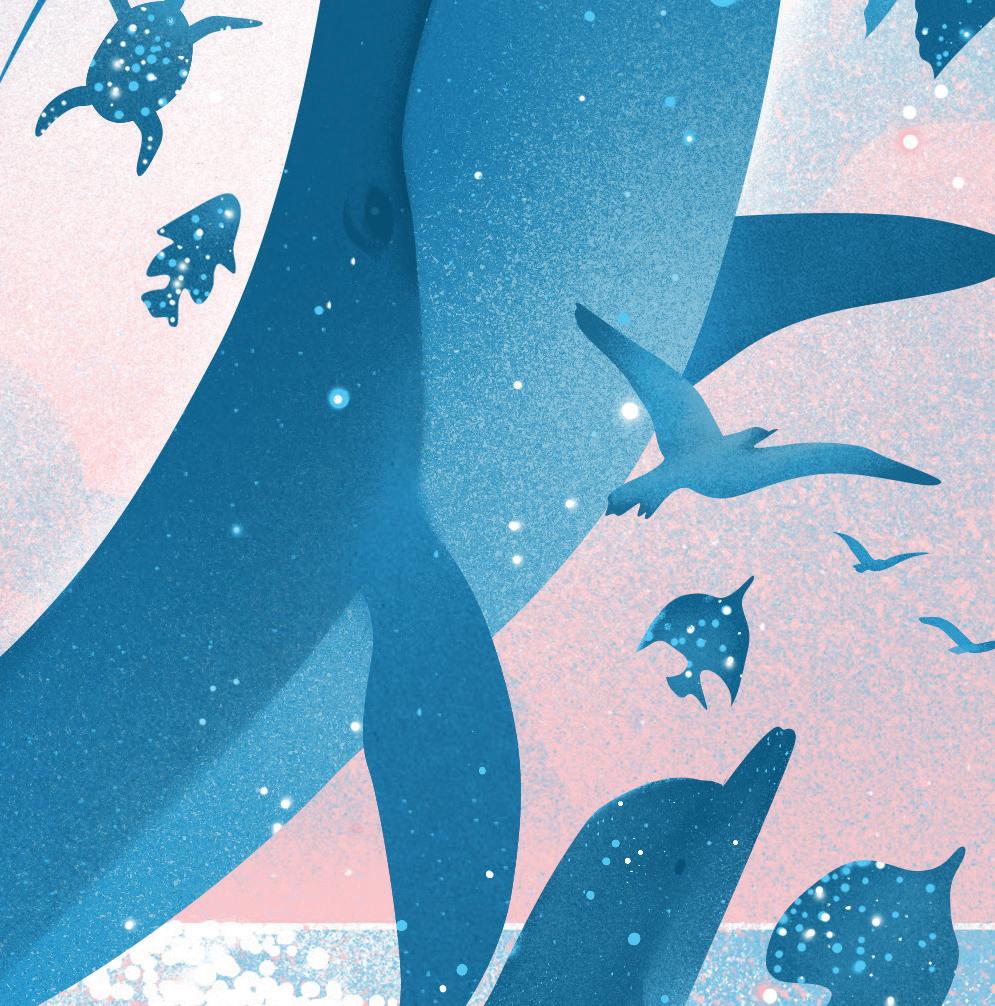



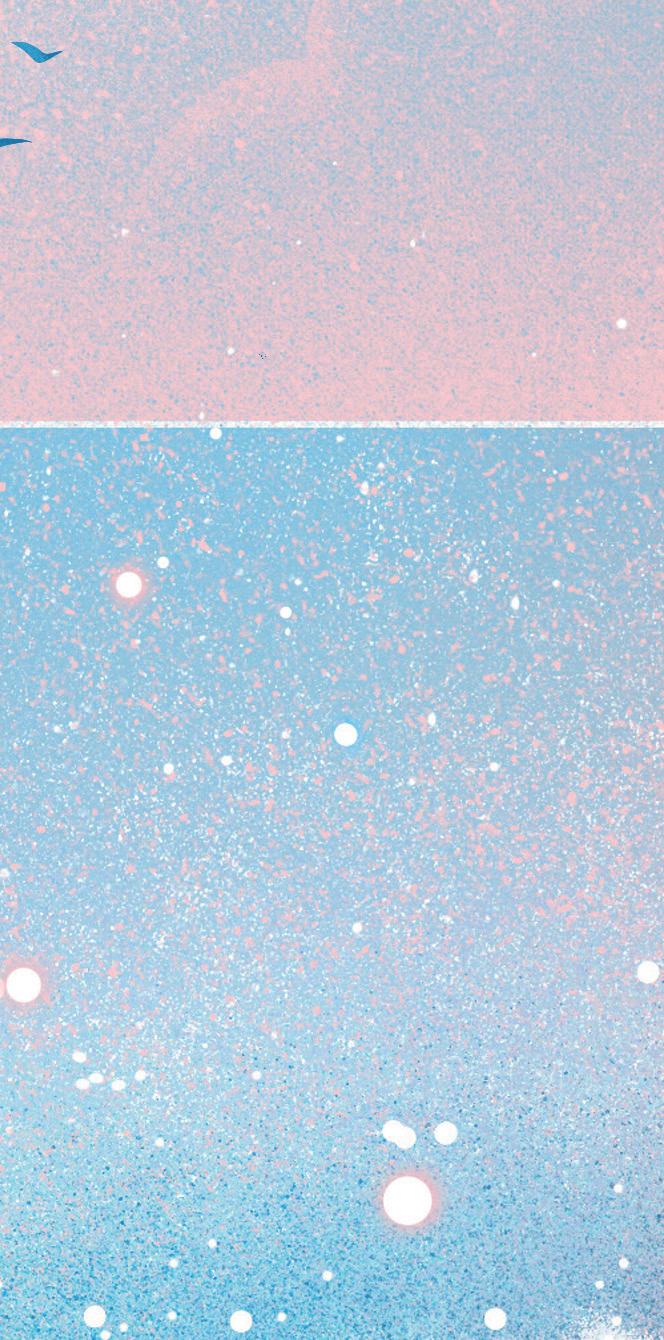
Bordeaux, Nouvelle-Aquitaine WWW.CARTOON-MEDIA.EU

